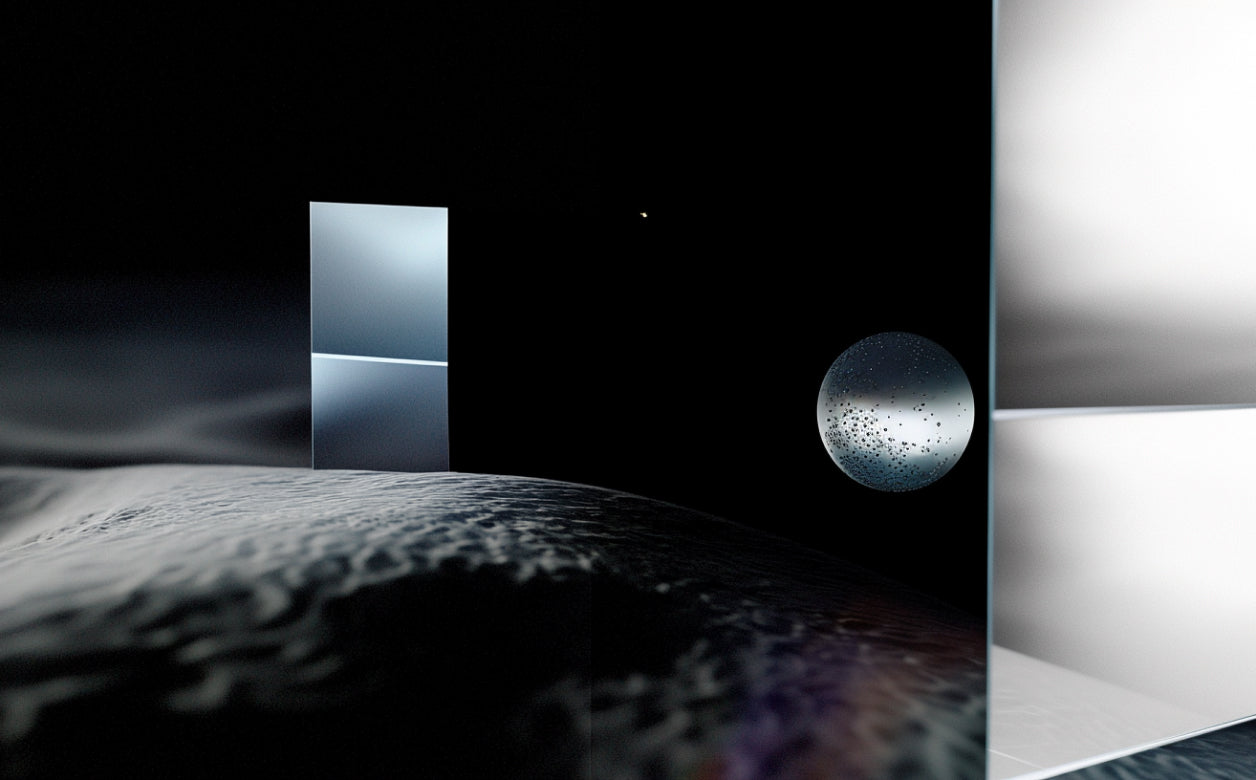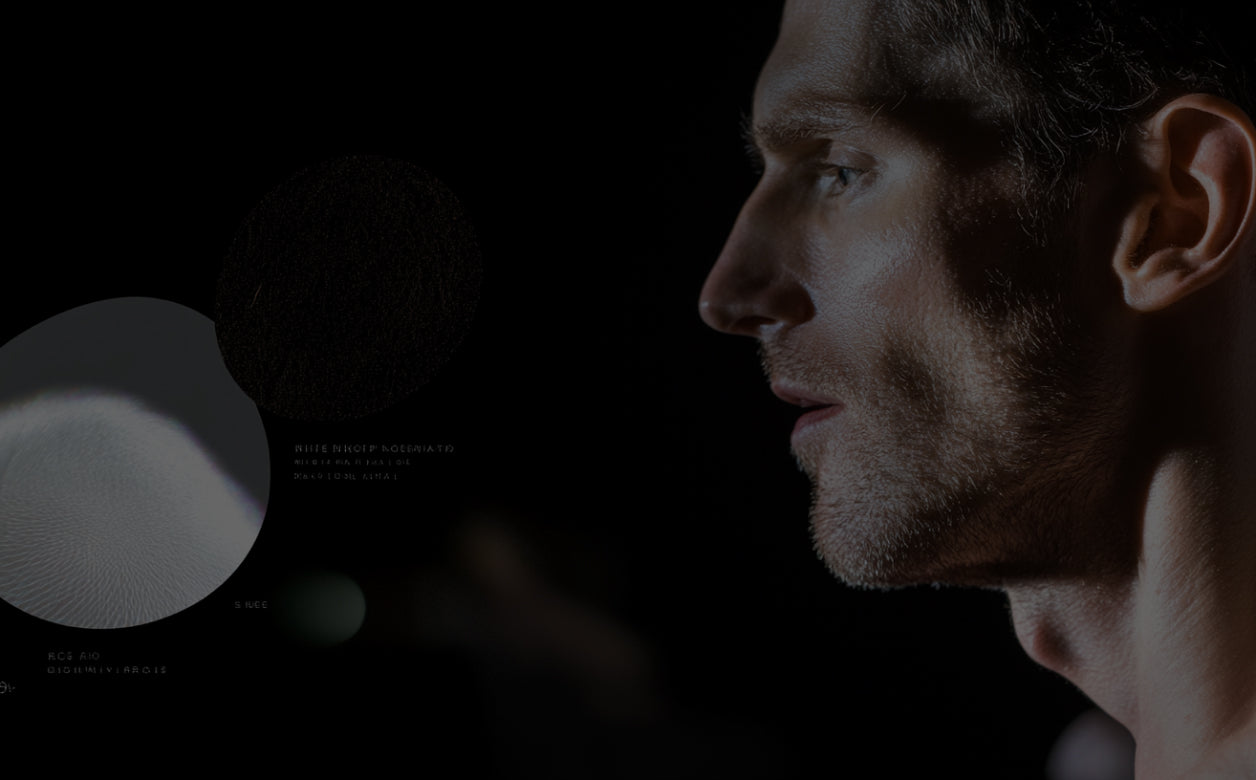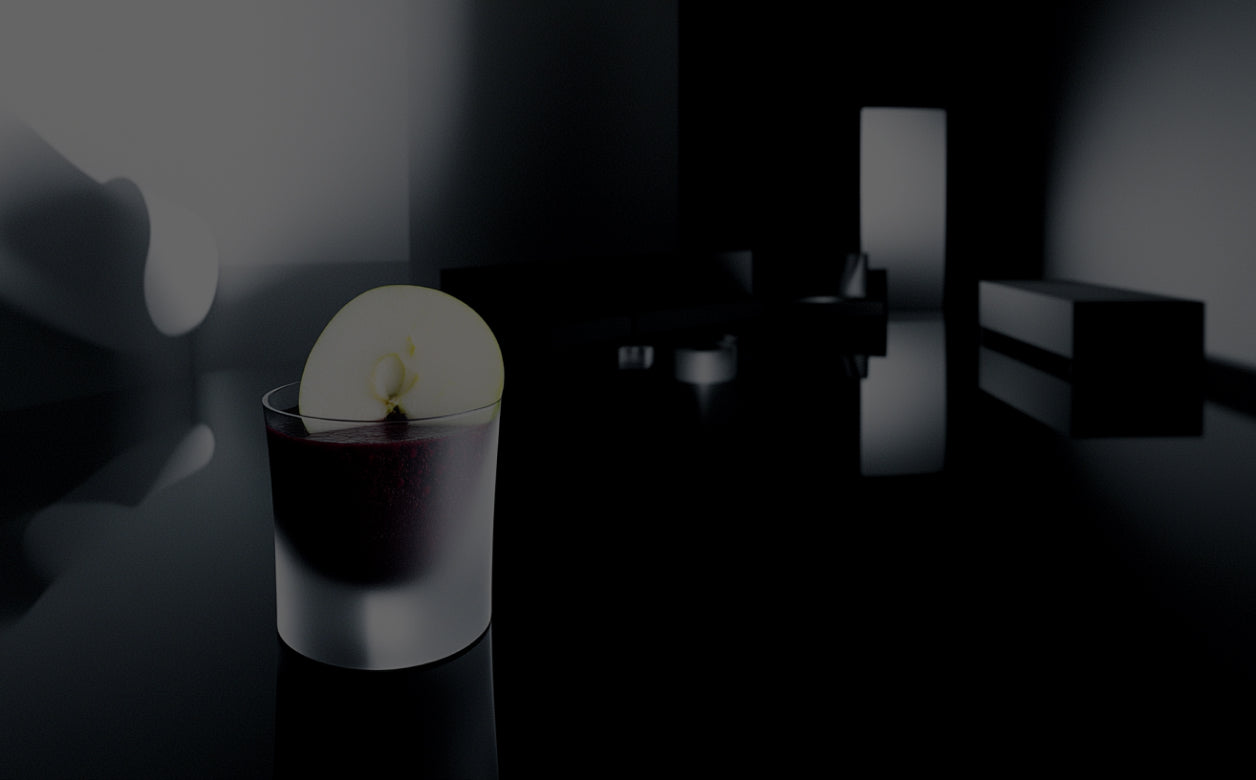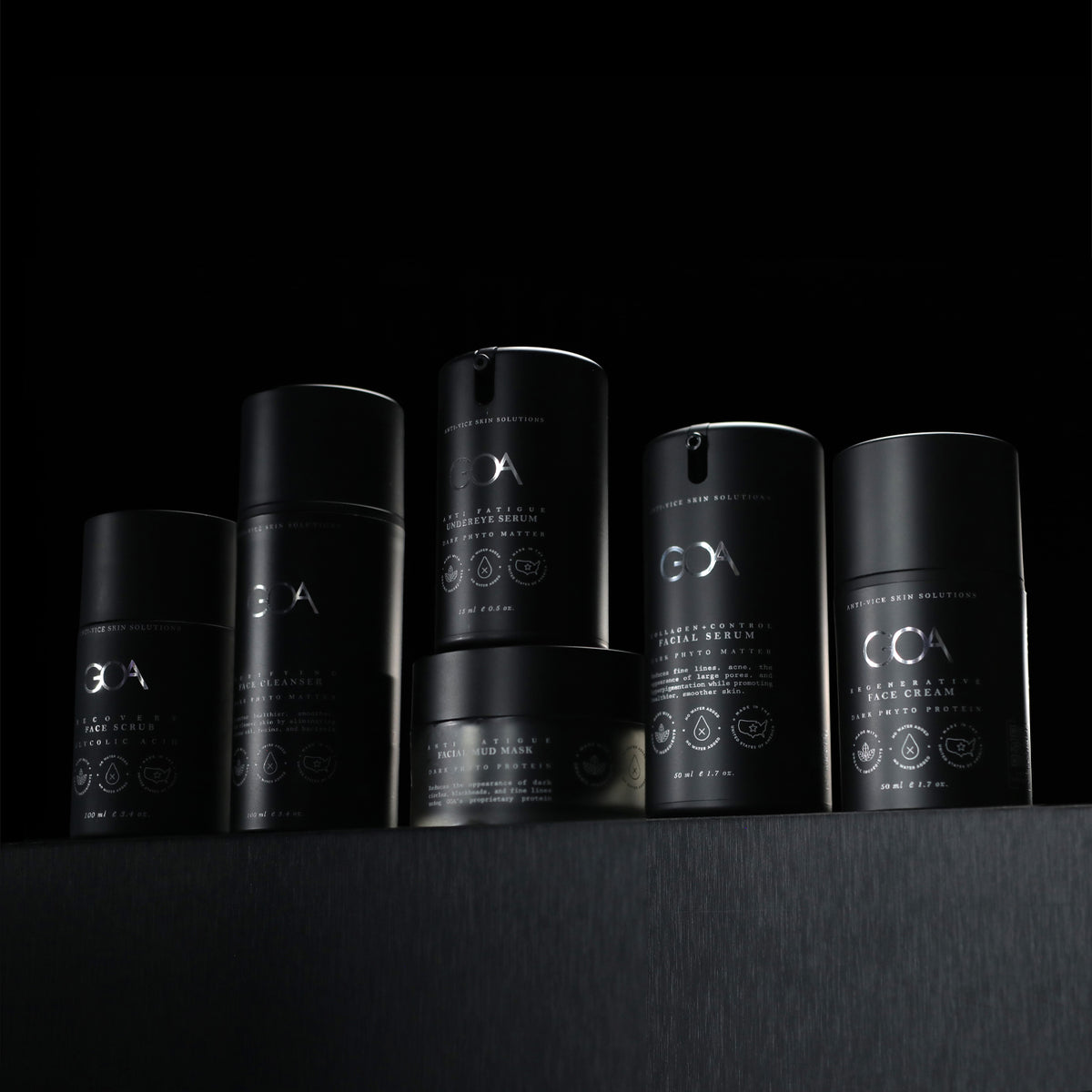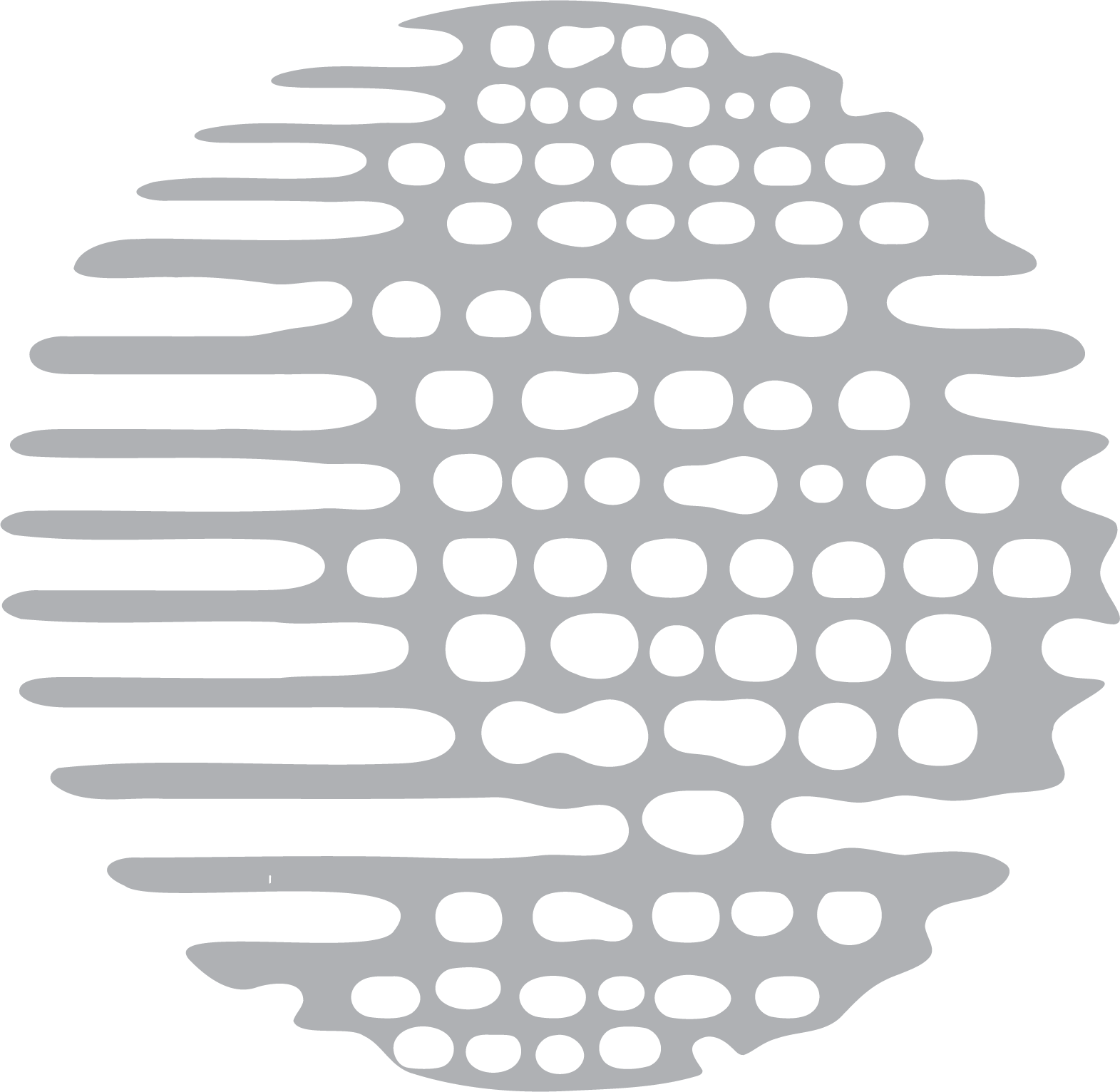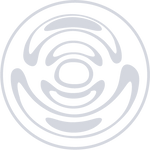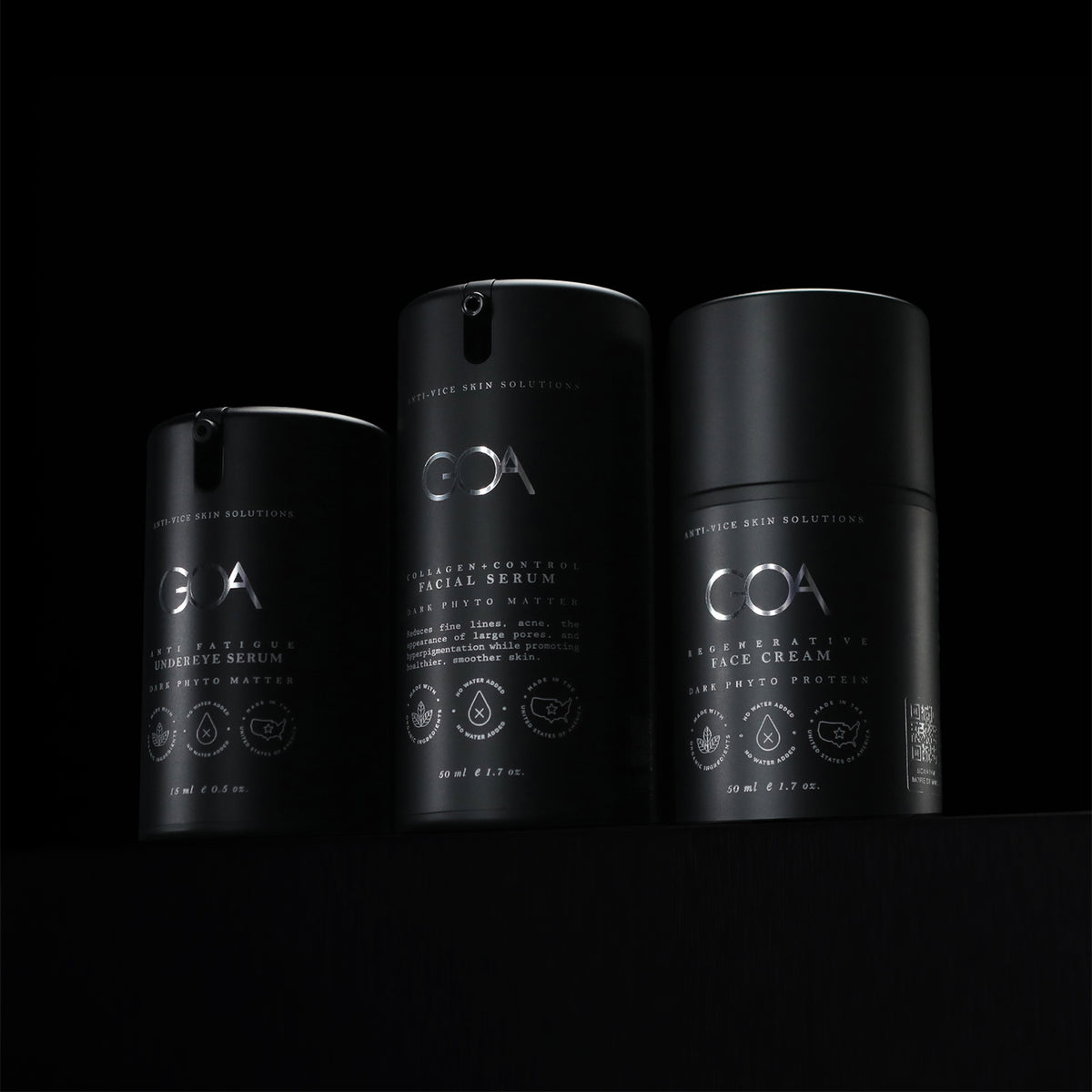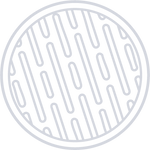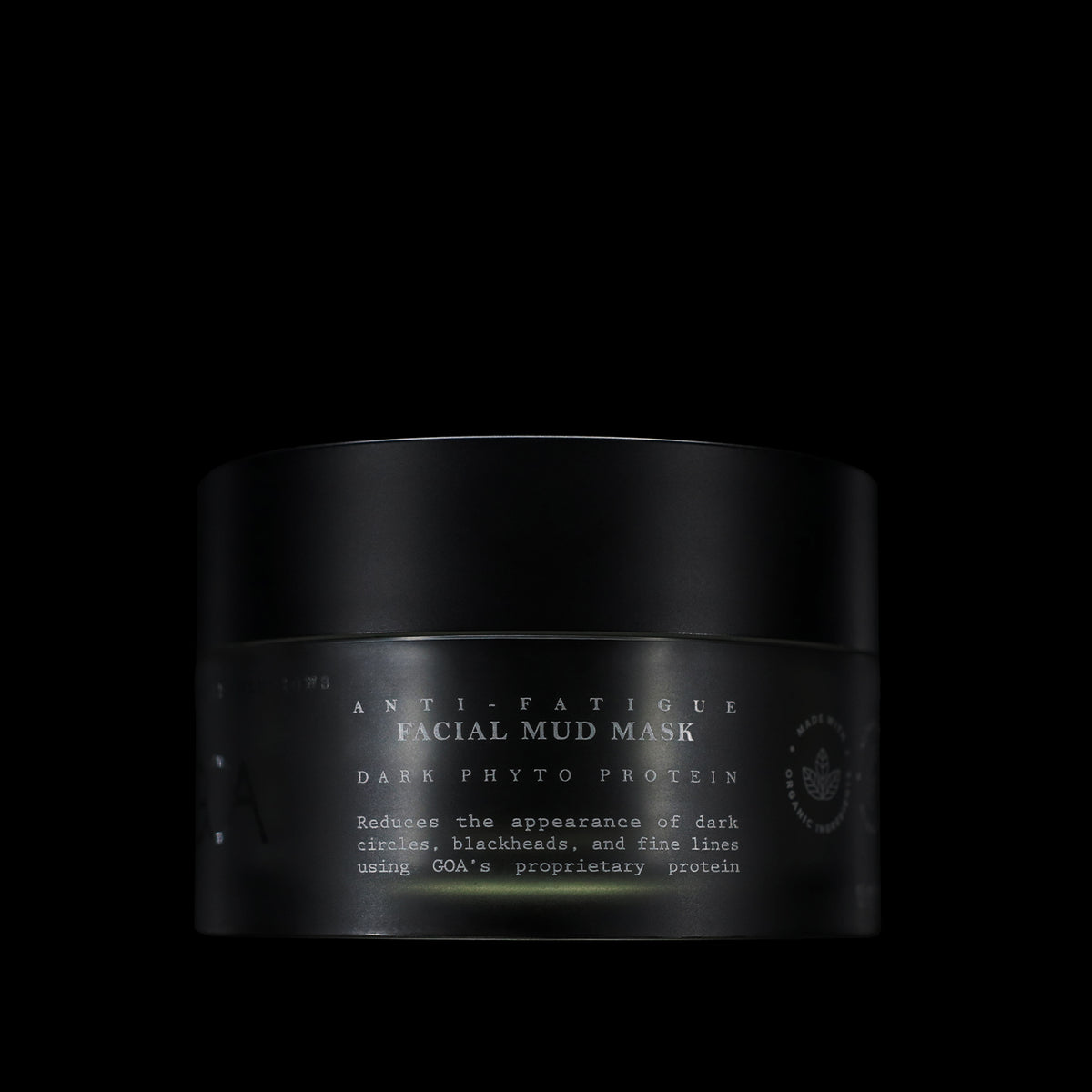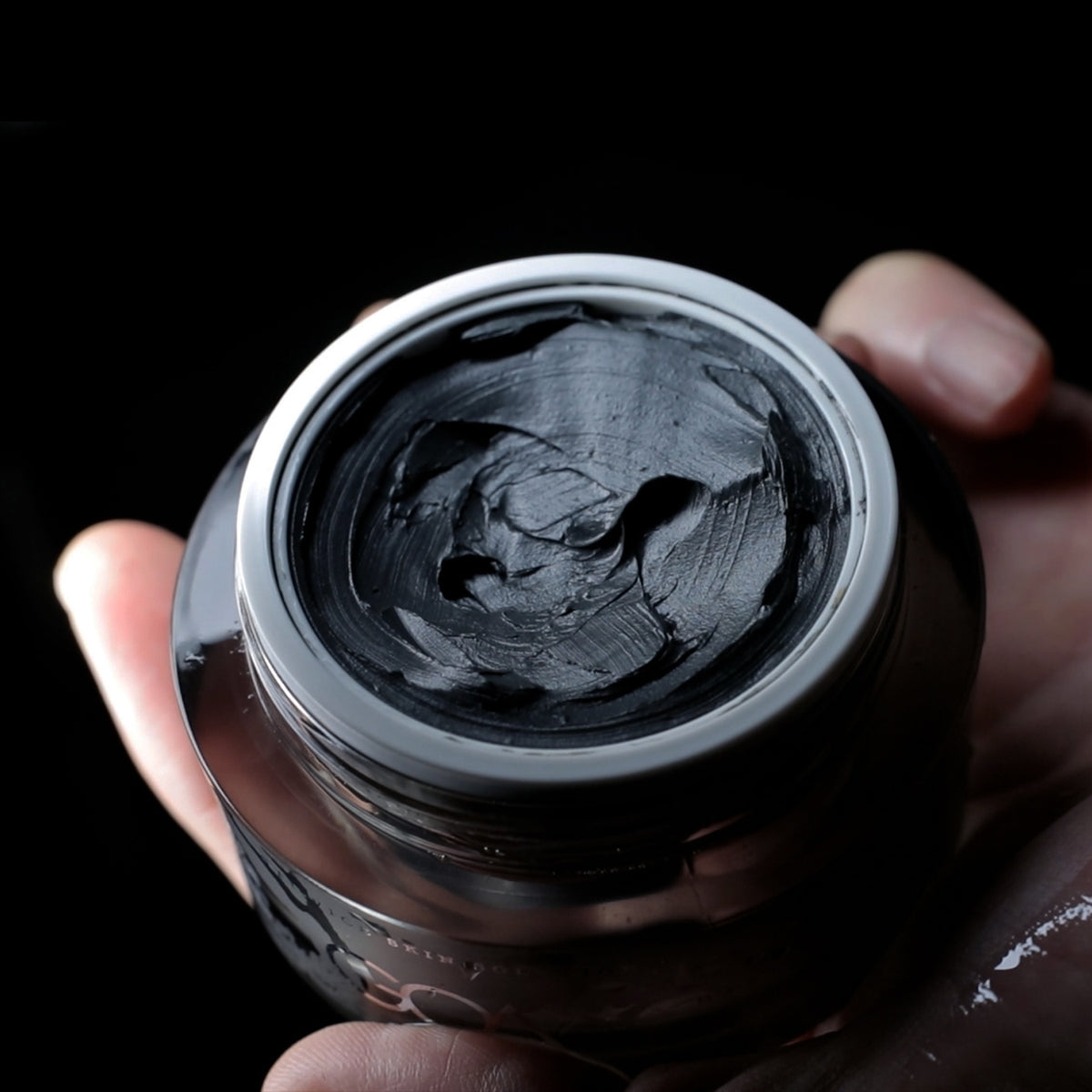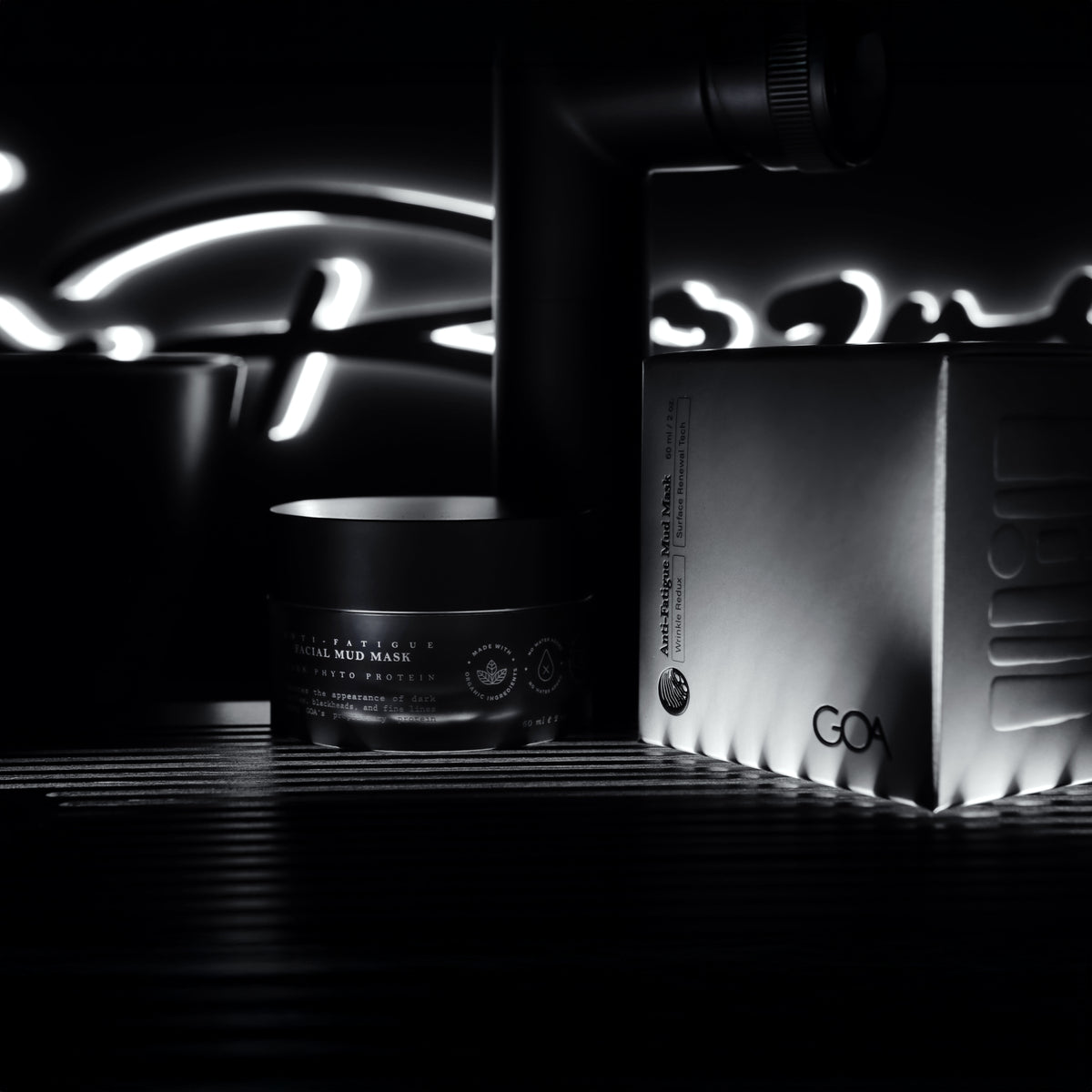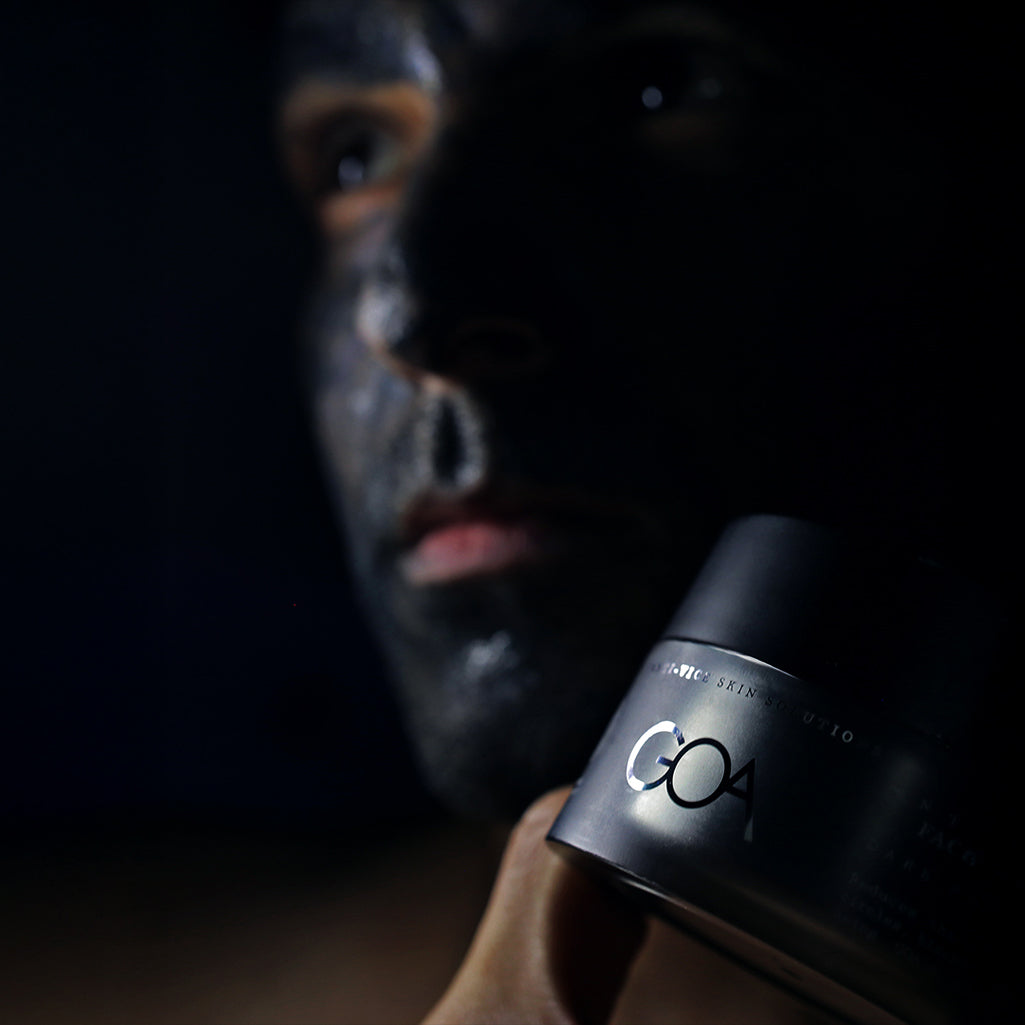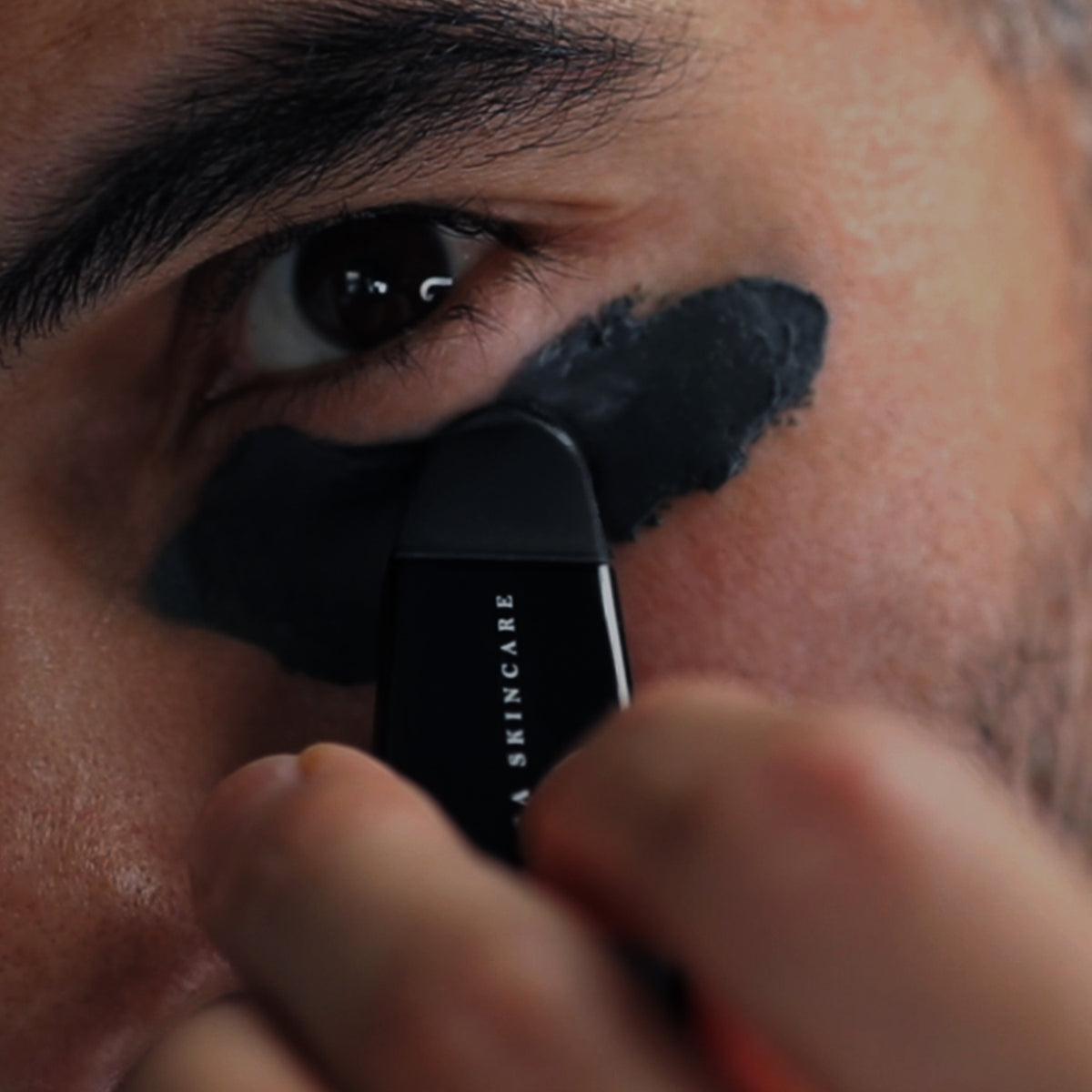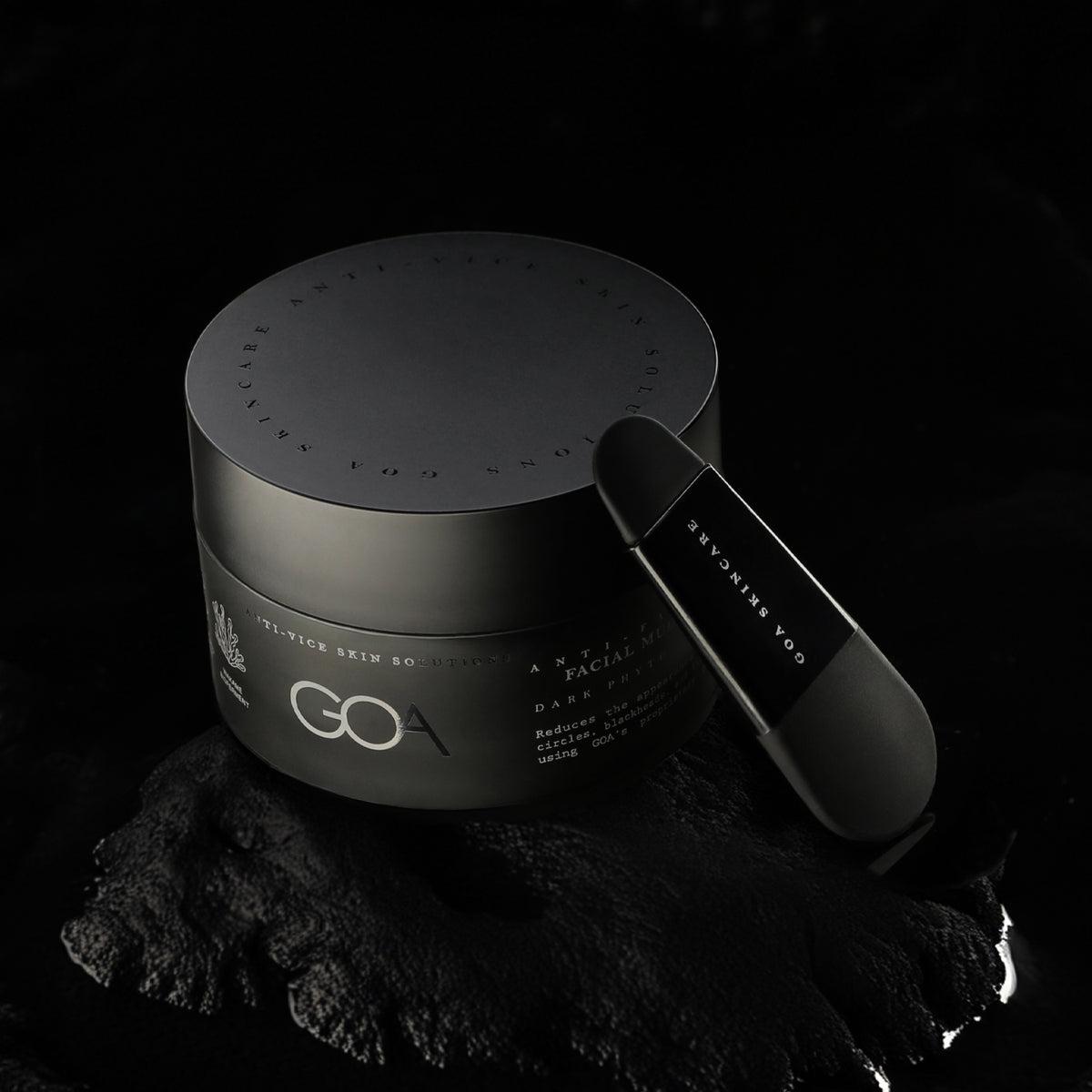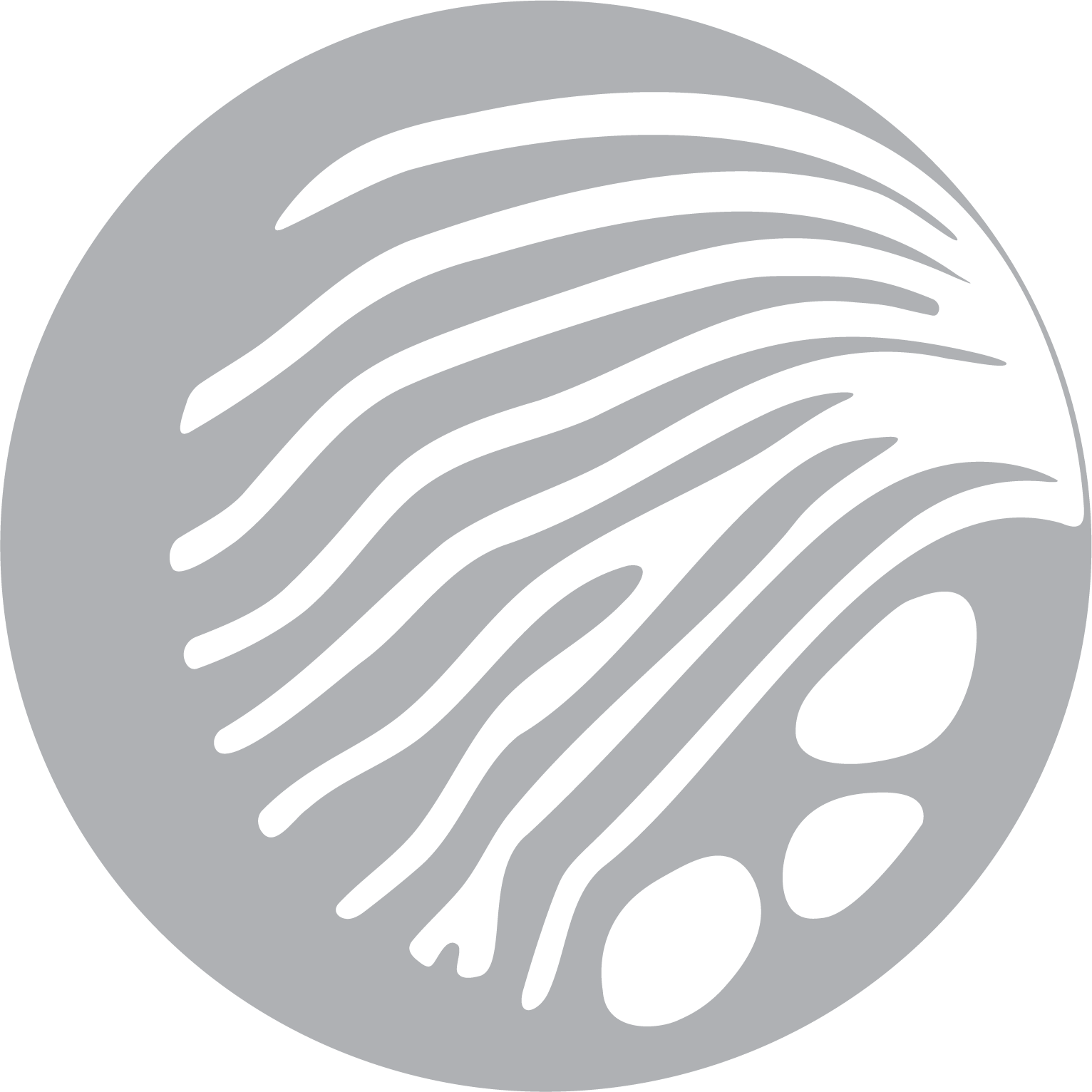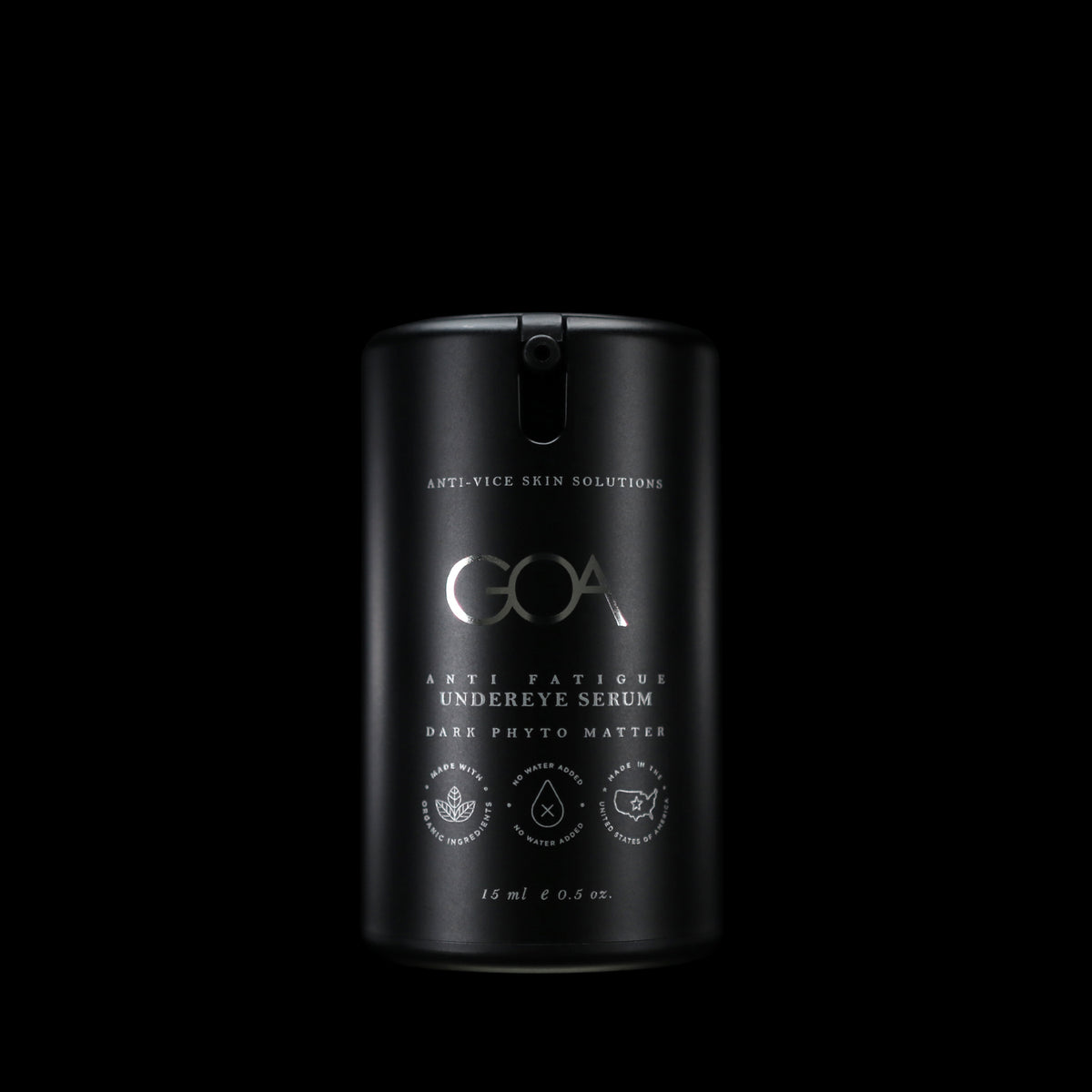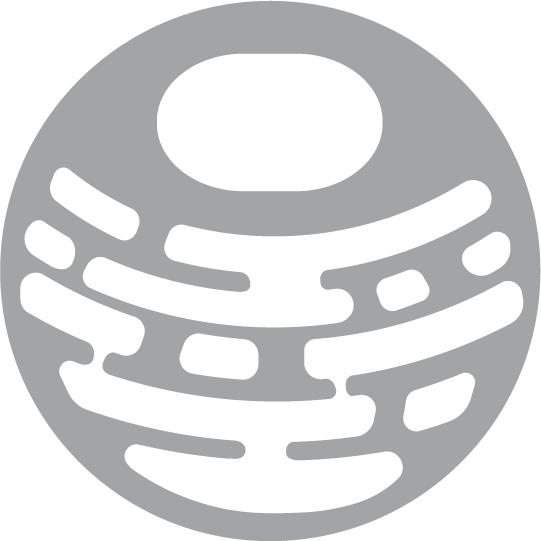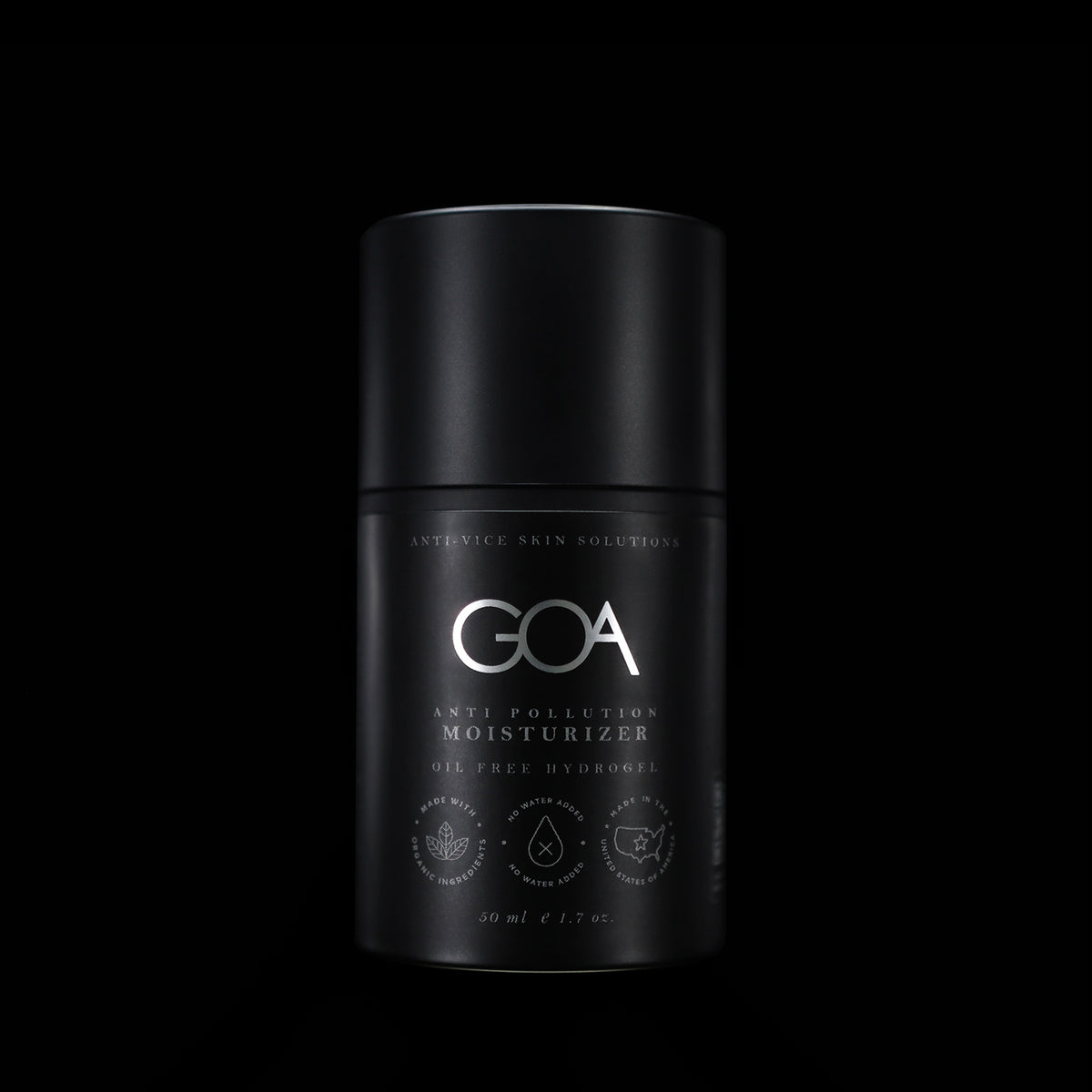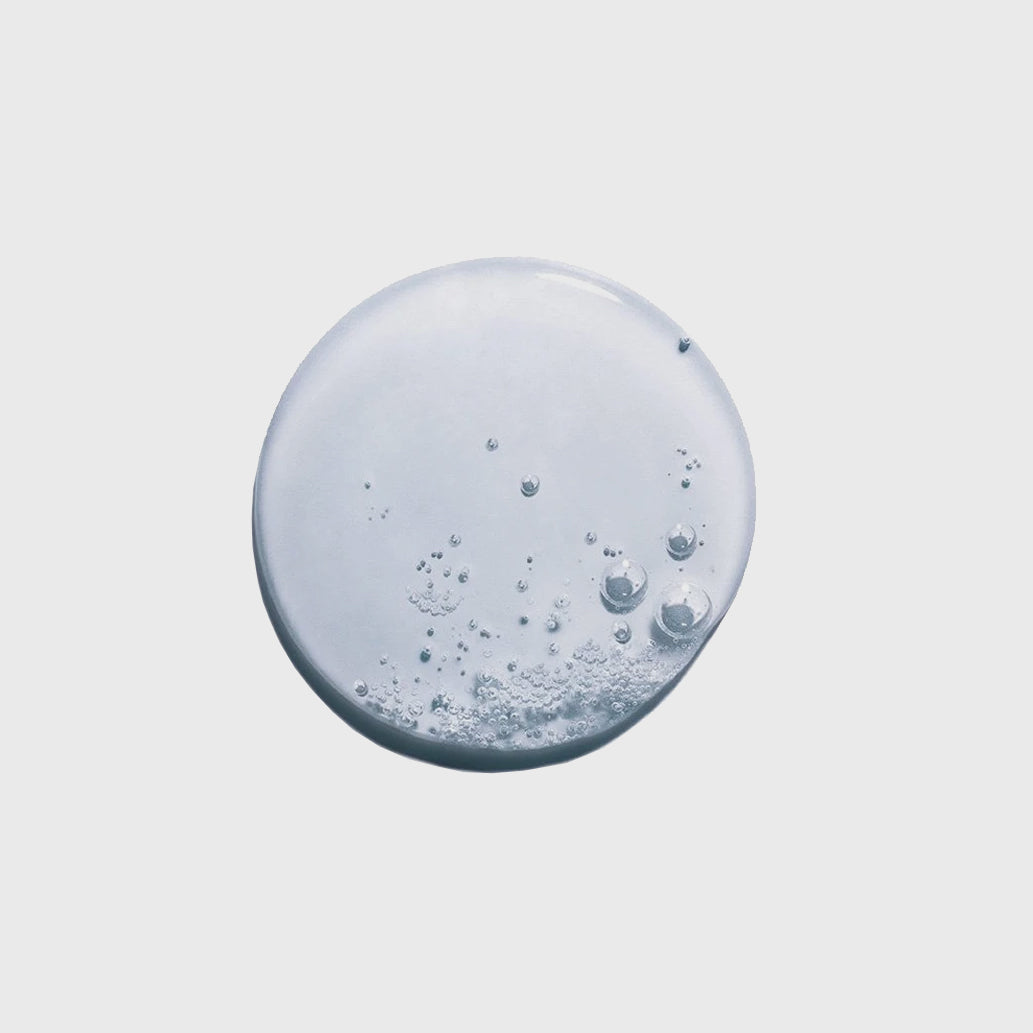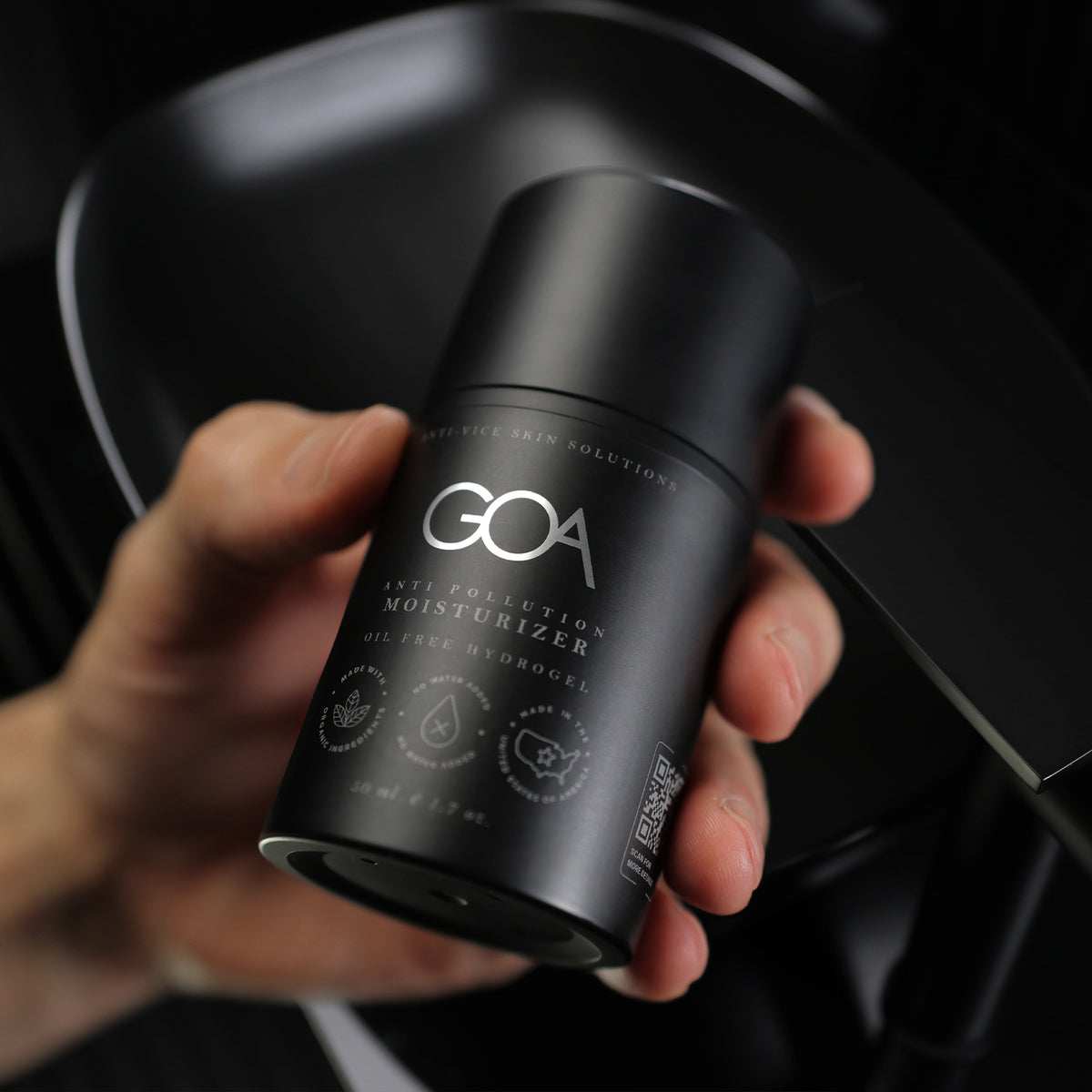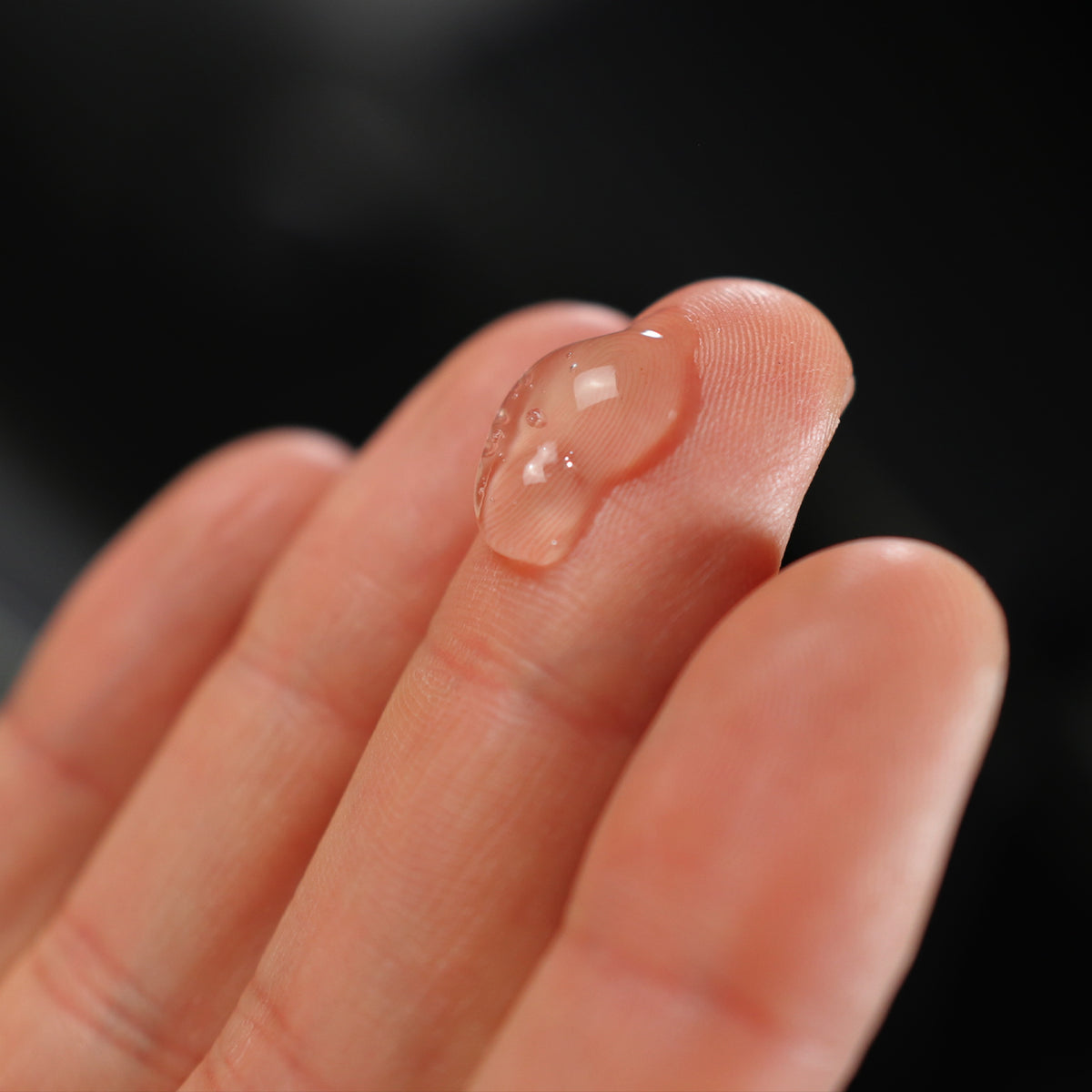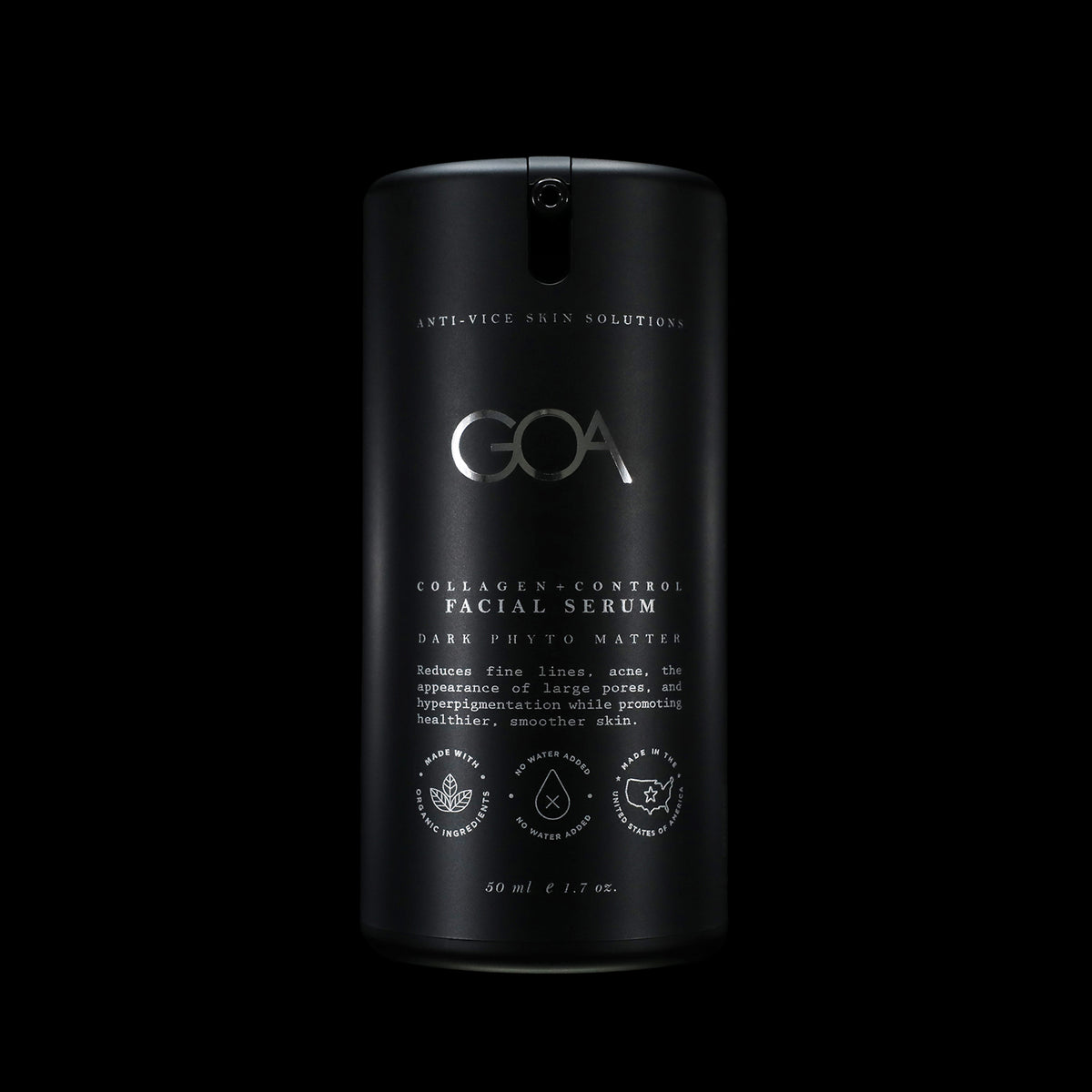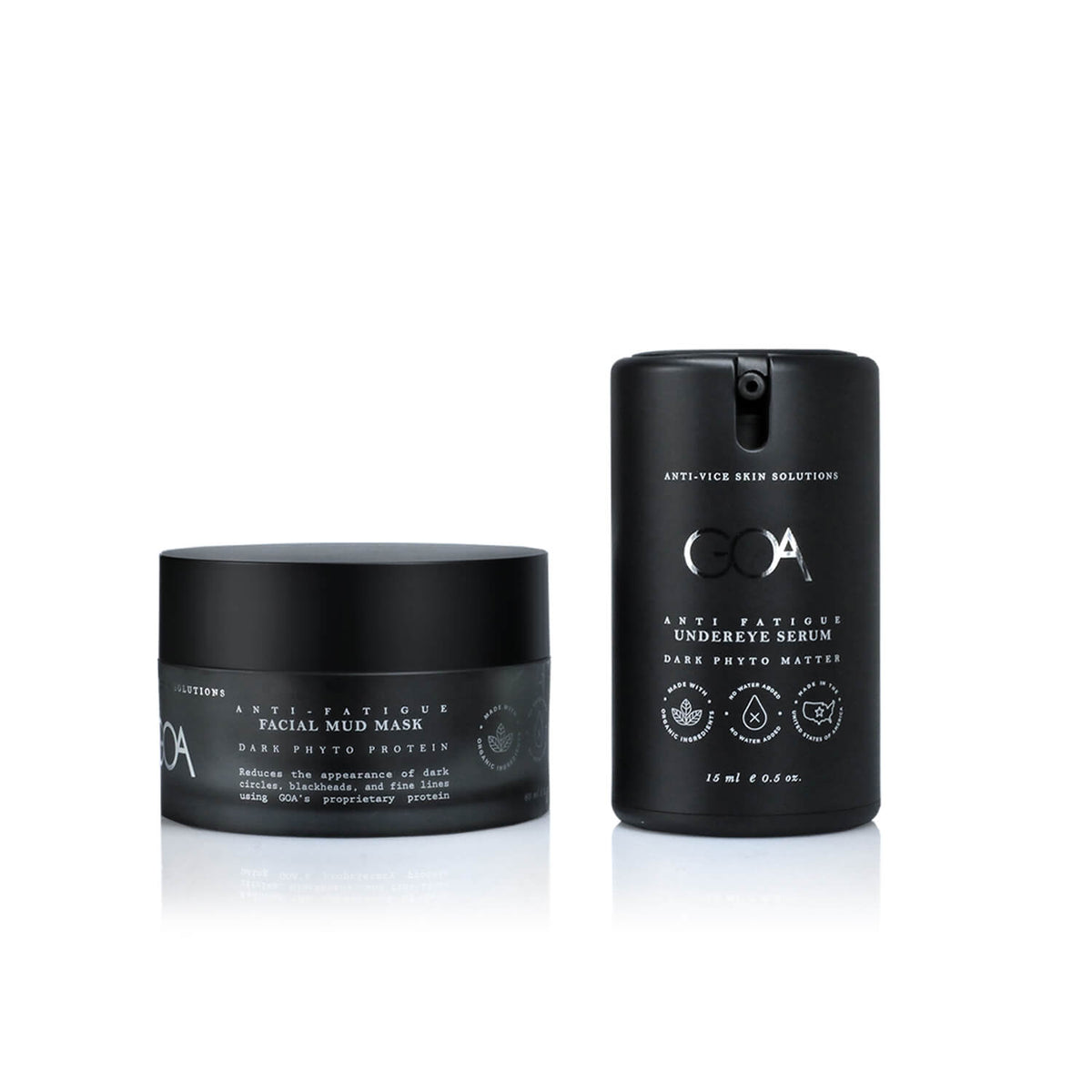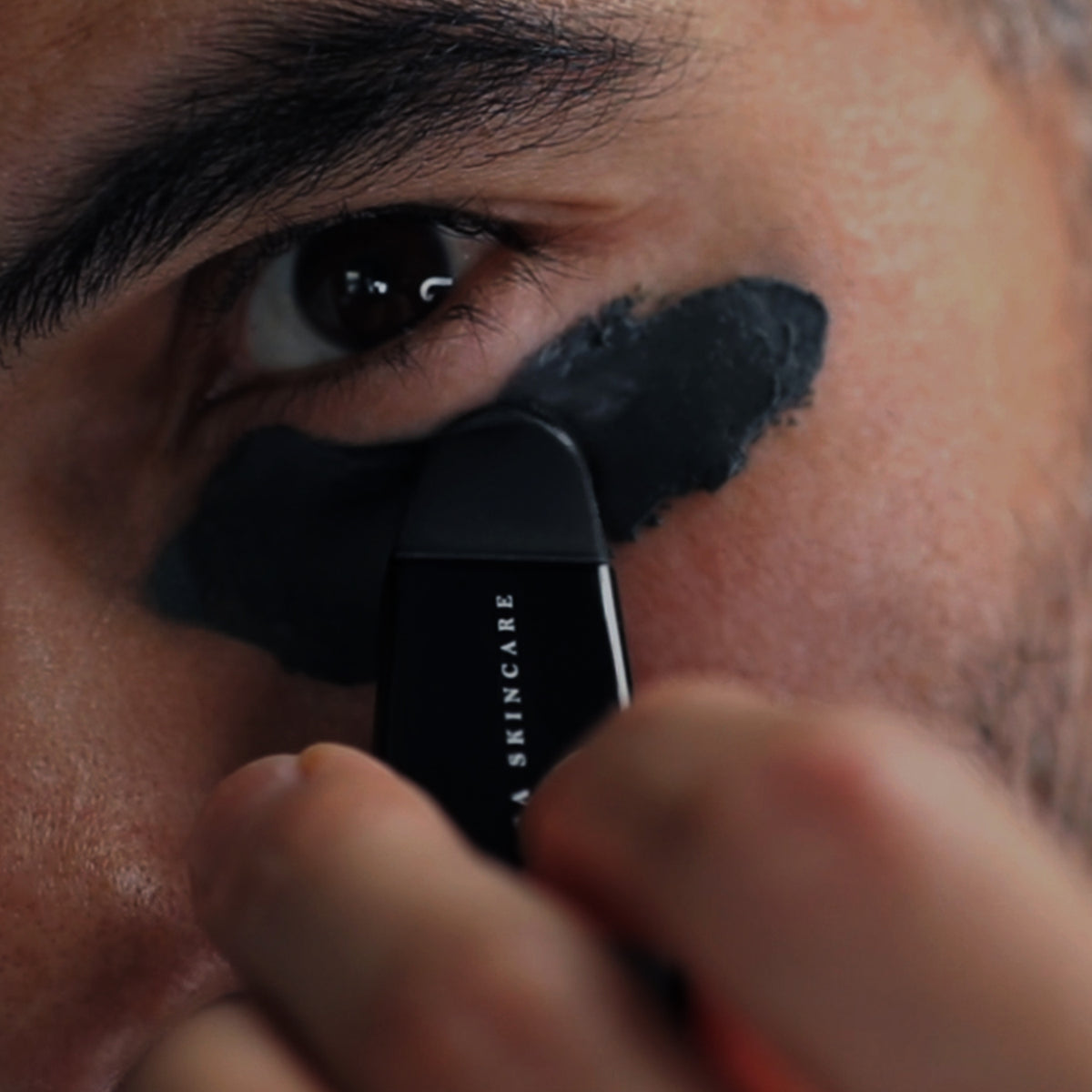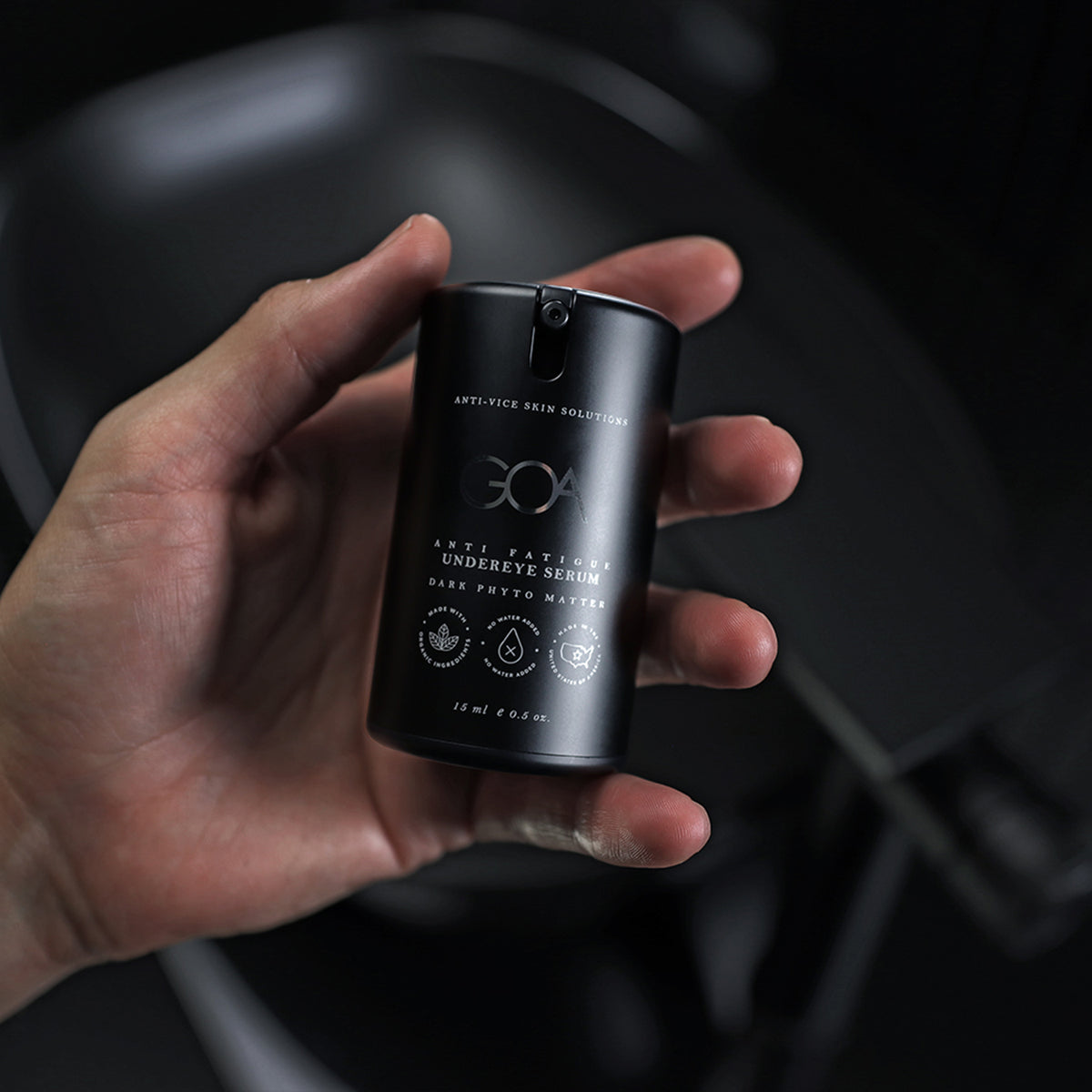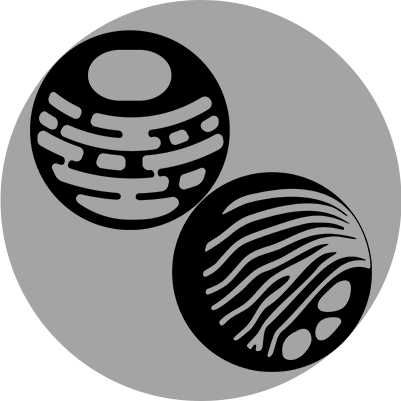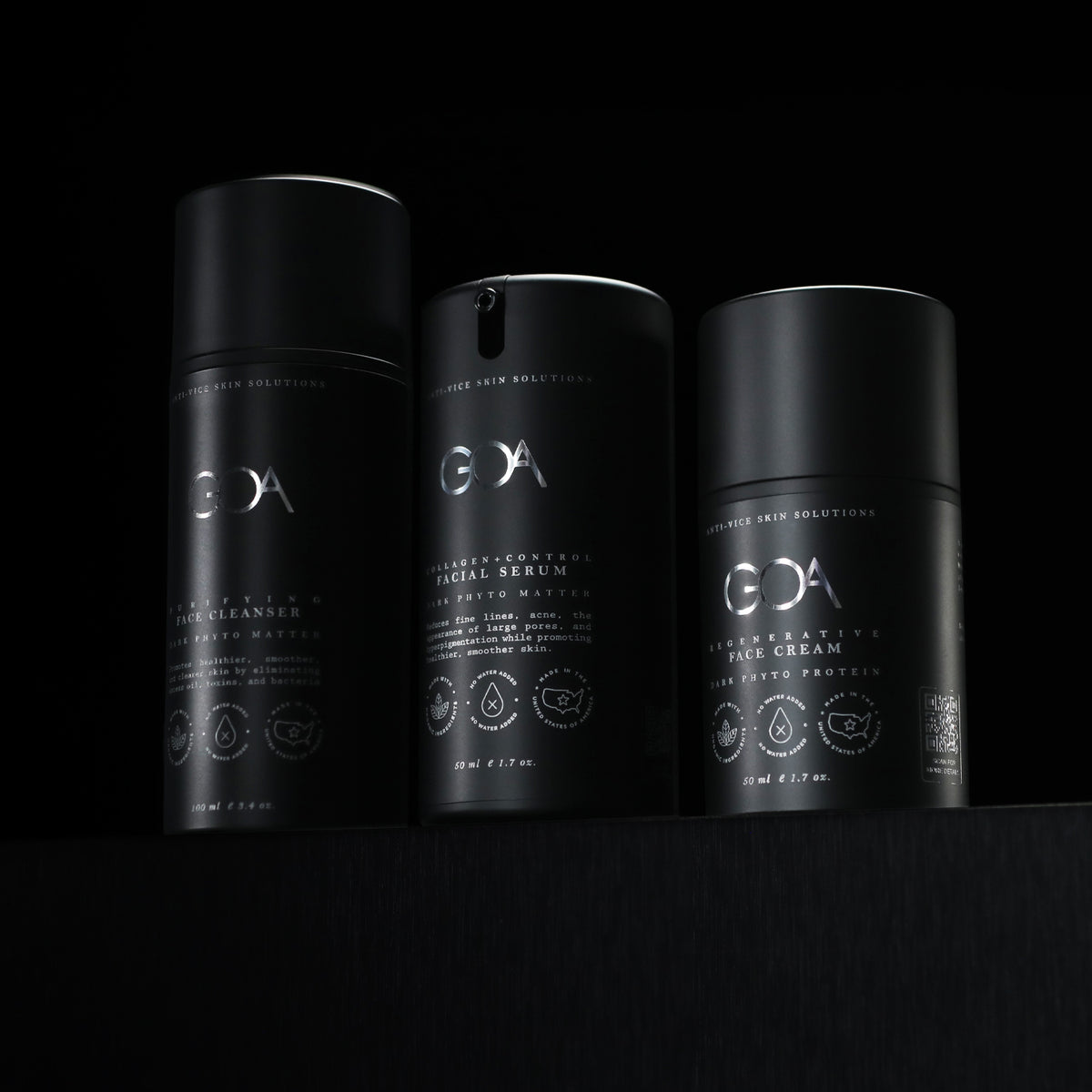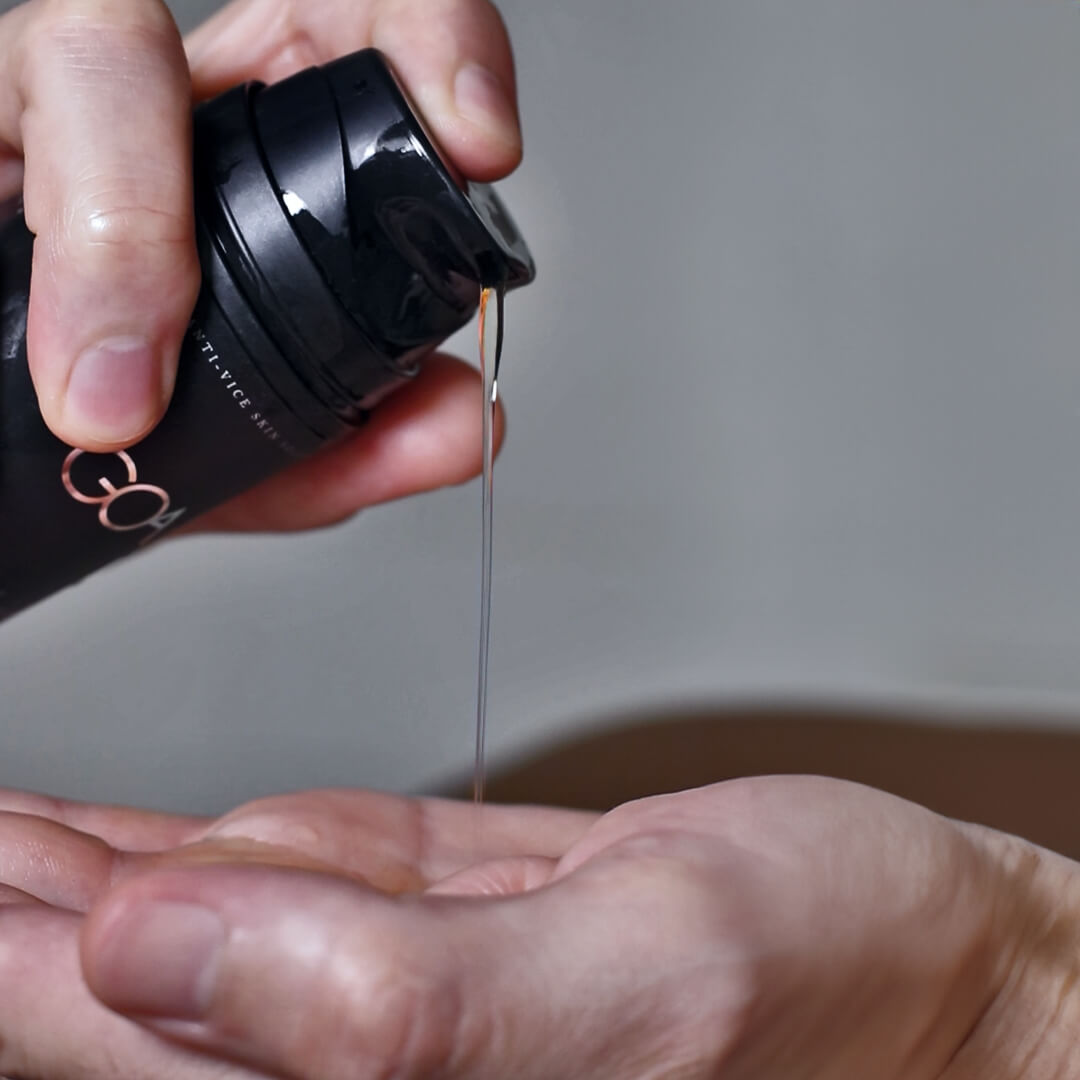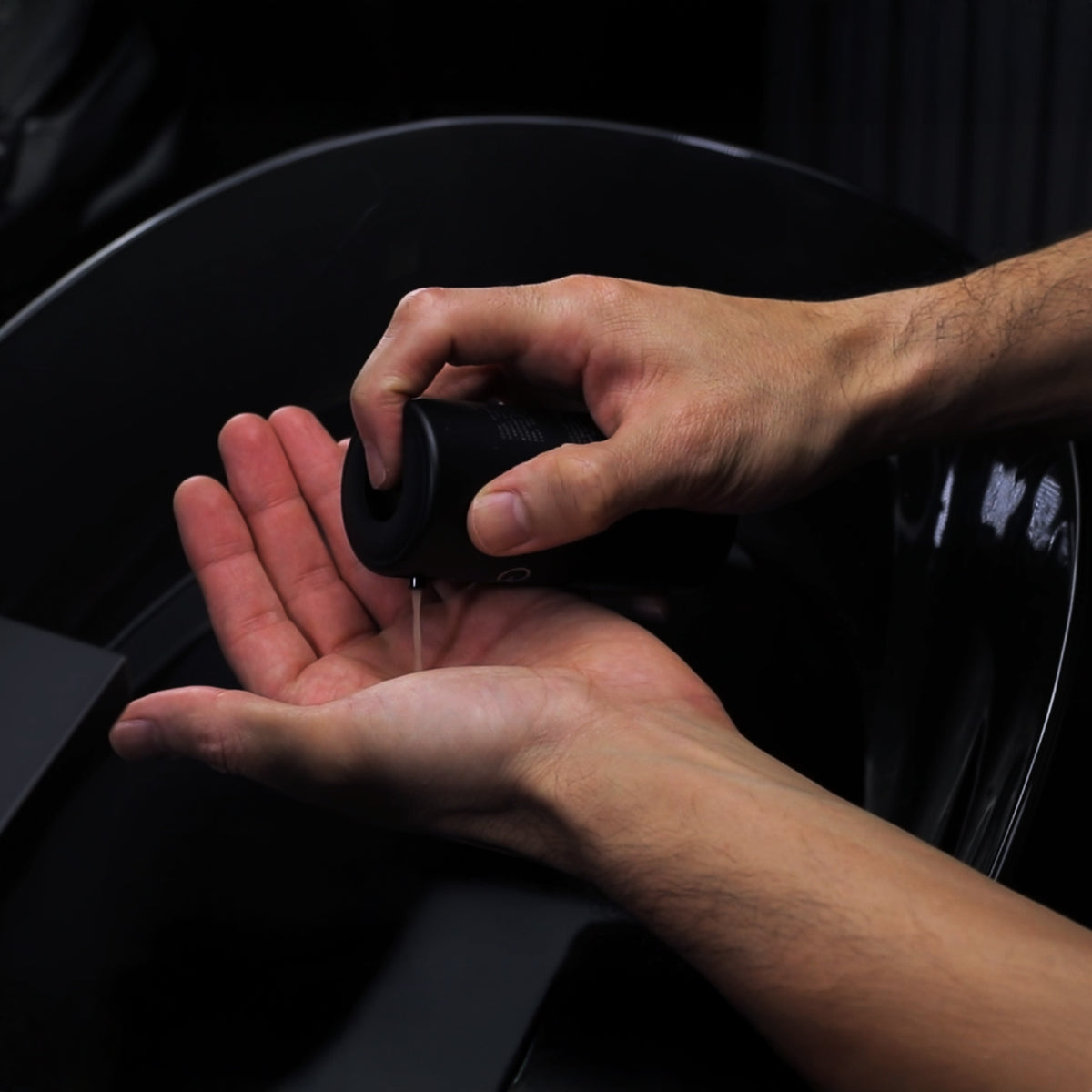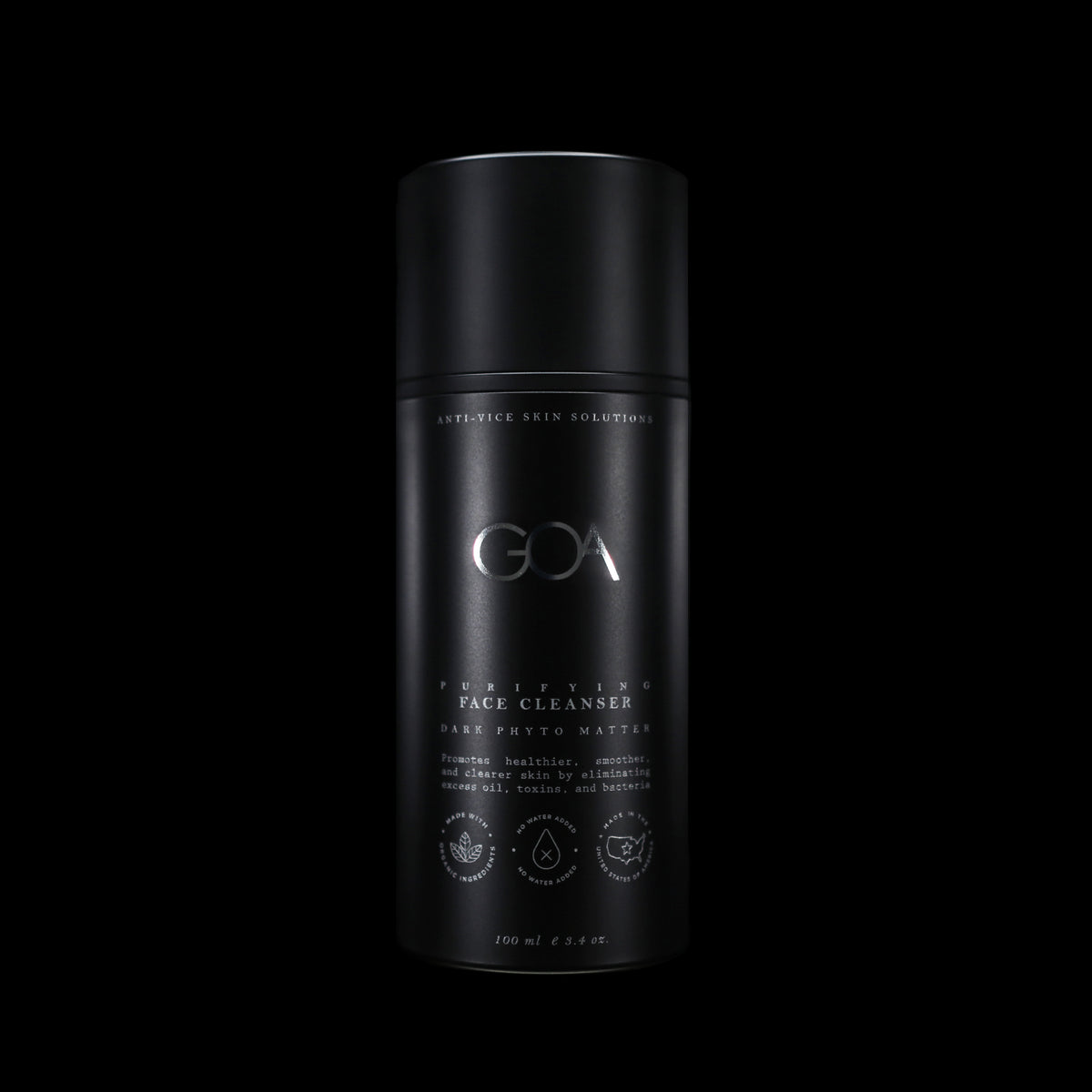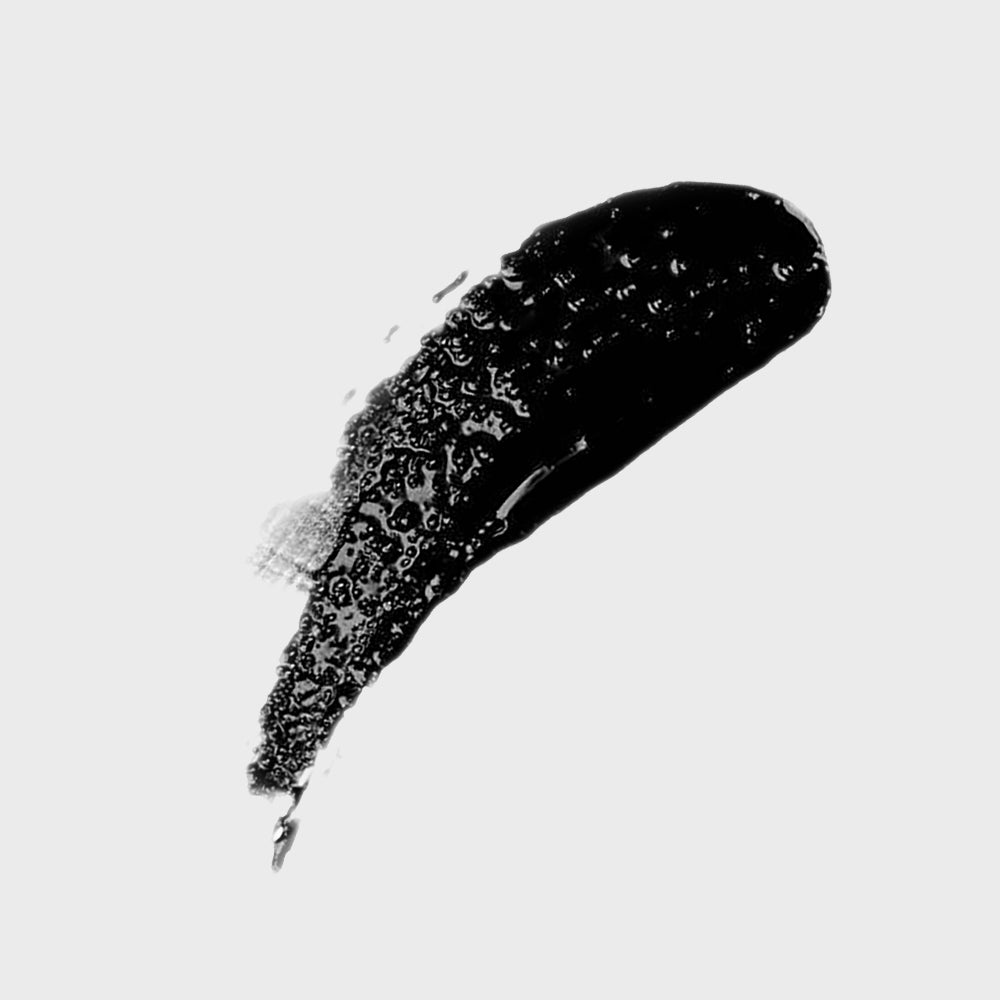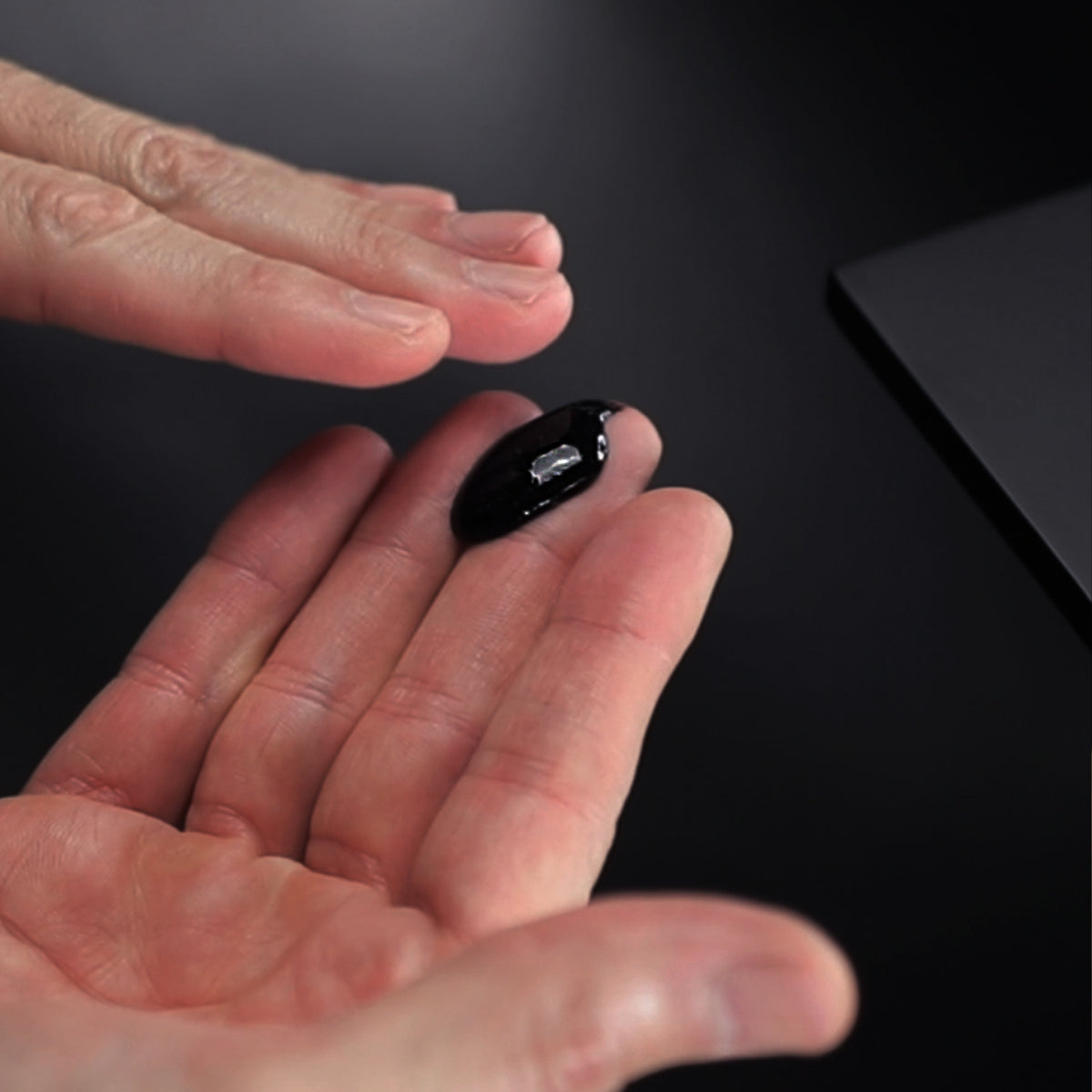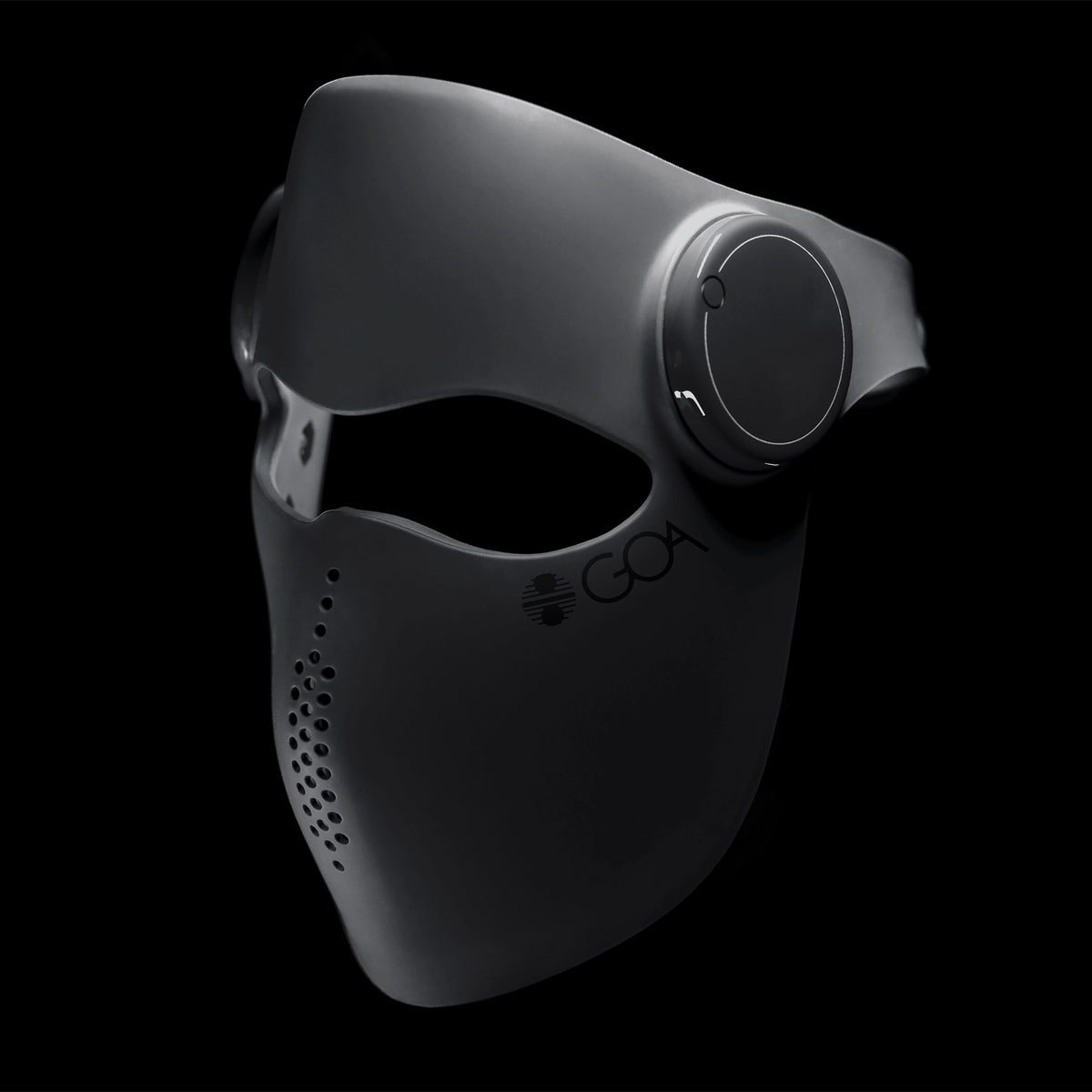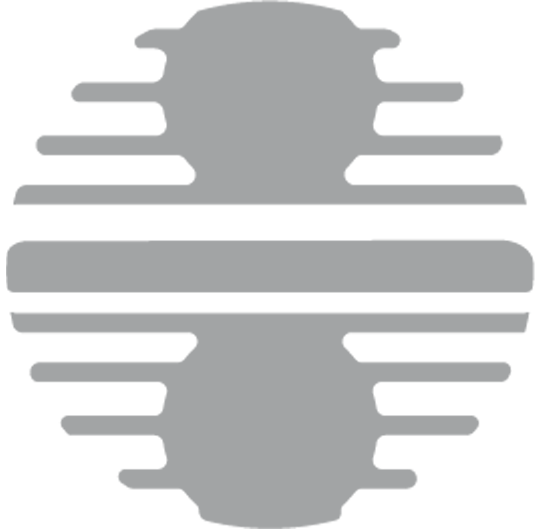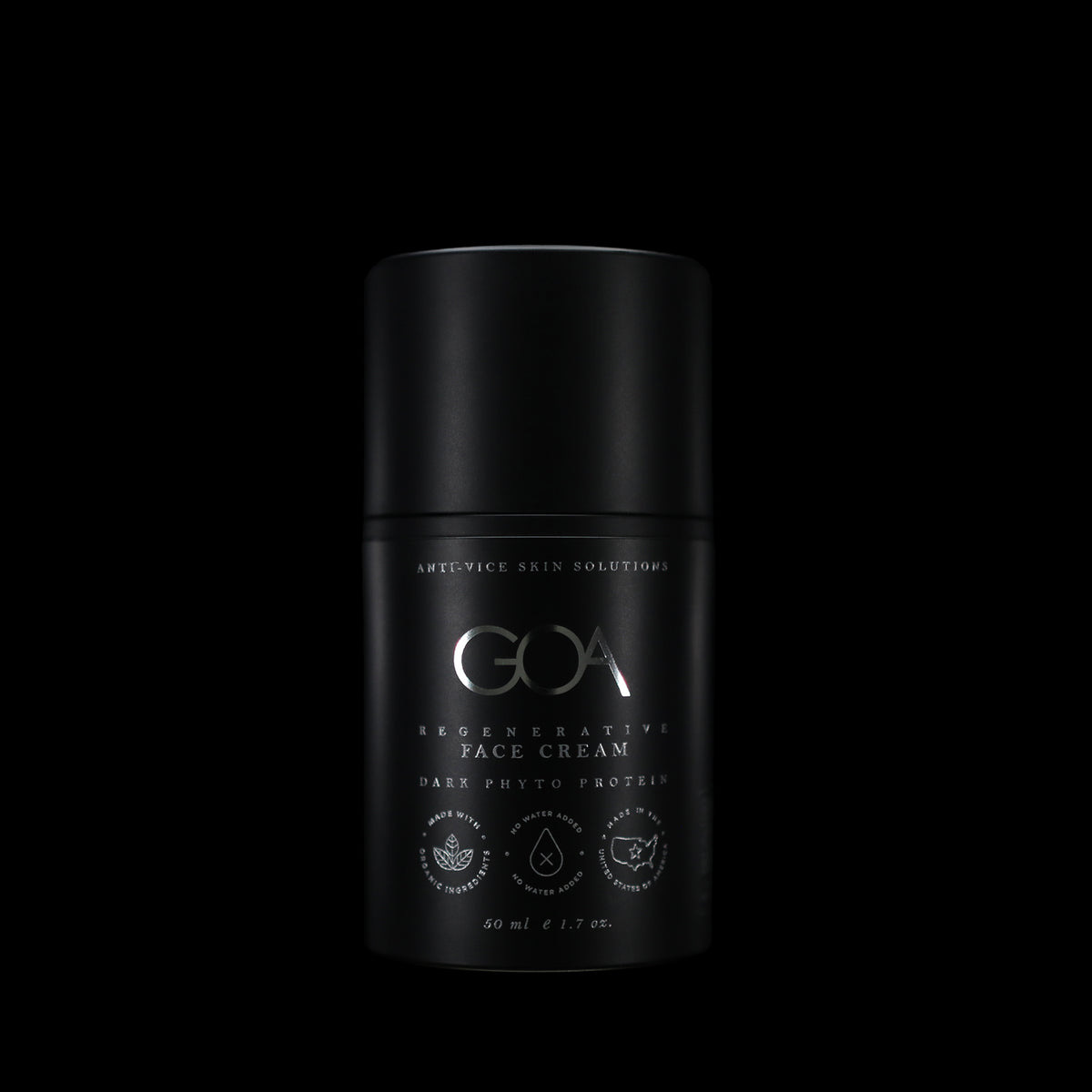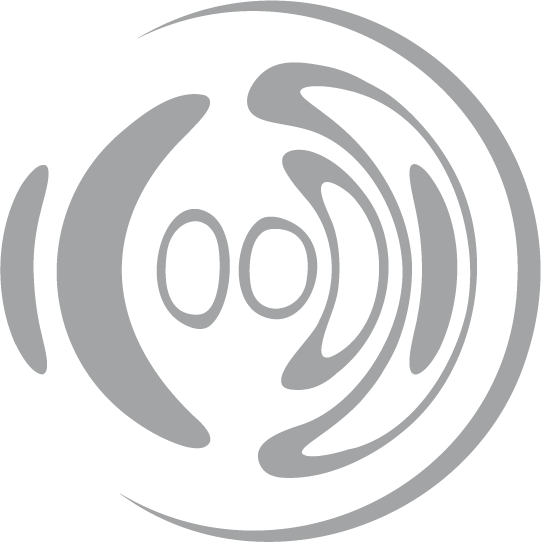Testosterone is instrumental in shaping both the body and its processes. Its roles are multifaceted, influencing muscle mass, bone density, red blood cell production, and mood regulation. Beyond its well-known impact on libido and sexual function, testosterone plays a pivotal role in skin health, directly affecting sebum production and skin cell turnover.
Why Testosterone Matters
Muscle Growth & Strength: It's key in building muscle mass and strength, vital for men's physical health and fitness.
Bone Density: Testosterone helps maintain bone thickness, crucial for preventing osteoporosis.
Mood & Mental Health: Adequate levels are associated with positive effects on mood and cognitive function, warding off depression and cognitive decline.
Heart Health: It contributes to red blood cell production by the bone marrow, supporting cardiovascular health.
The Testosterone Connection: Sebum, Skin, and Acne
Testosterone's influence extends to the skin, where it regulates sebum production and skin cell renewal. While essential for protecting and moisturizing the skin, excessive sebum can lead to acne, particularly when combined with other factors like dead skin cells and bacteria.
Where Testosterone is Produced
Testosterone is primarily produced in the Leydig cells located in the testes in males. A small amount is also produced in the adrenal glands. In females, it's produced in the ovaries and adrenal glands, but in much smaller quantities.
How Testosterone is Made
The process begins in the brain. The hypothalamus releases gonadotropin-releasing hormone (GnRH), which signals the pituitary gland to produce luteinizing hormone (LH) and follicle-stimulating hormone (FSH). LH then travels through the bloodstream to the testes, where it stimulates the Leydig cells to produce testosterone.

The hypothalamus triggers GnRH release, regulating hormone production, including testosterone. This is influenced by:
• Circadian Rhythms: Body's clock affects GnRH, with testosterone peaking in the morning.
• Feedback Loops: Low sex hormones prompt GnRH release to up hormone production.
• Stress: Affects GnRH levels; acute stress increases, chronic stress decreases it.
• Energy Balance: Poor nutrition or caloric restriction reduces GnRH.
• Physical Activity: Enhances GnRH through better hormonal balance.
• Age: GnRH declines with age, lowering testosterone.
• Environmental Factors: Certain chemicals can alter GnRH and hormone levels.
Secretion and Transportation
Once produced, testosterone is secreted into the bloodstream. It travels bound to proteins—mainly sex hormone-binding globulin (SHBG) and albumin. A small portion remains unbound or "free," and this free testosterone is biologically active.
Training
Physical activity plays a significant role in maintaining and enhancing hormonal balance, including the regulation of gonadotropin-releasing hormone (GnRH) secretion. Here's a closer look at how exercise impacts this crucial hormone and, by extension, overall hormonal health:
• Stimulates GnRH Production: Exercise boosts hypothalamus activity, increasing GnRH and subsequently LH and FSH, essential for testosterone synthesis.
• Enhances Hormonal Sensitivity: Improves the body's response to hormones, ensuring efficient signaling and hormone synthesis.
• Reduces Stress: Lowers cortisol levels, protecting GnRH secretion from stress-induced suppression.
• Regulates Body Weight: Manages body fat, supporting hormonal balance and healthy GnRH levels.
• Improves Sleep Quality: Better sleep from exercise helps regulate circadian rhythms, affecting GnRH release.
• Boosts Overall Health: A healthier body supports stable hormonal processes, including GnRH secretion.
Acne: Beyond Surface Level
Acne's relationship with testosterone centers on the hormone's influence on sebum production and skin cell turnover, key factors in acne development. Here's a quick breakdown:
- Increases Sebum Production: Testosterone stimulates sebaceous glands, leading to increased oil (sebum) production. Excess sebum can clog pores, combining with dead skin cells to form acne.
- Affects Skin Cell Turnover: Testosterone can cause skin cells to proliferate more rapidly. When these cells don't shed properly, they can block pores, trapping oil and bacteria inside, leading to inflammation and acne.
- Hormonal Fluctuations: Peaks in testosterone due to certain lifestyle habits, can exacerbate acne by amplifying these effects.
A Holistic Approach to Managing Testosterone, Training, and Acne
Strategic Dietary Choices
A balanced diet rich in anti-inflammatory foods supports hormonal balance and skin health, emphasizing the importance of omega-3 fatty acids, antioxidants, and low-glycemic foods.
Tailored Skincare
GOA's Anti-Acne Face Set is specifically crafted to address the nuanced skin health challenges induced by testosterone and lifestyle factors. It provides a targeted approach to managing acne and oiliness while preserving skin health.
Cleanse: The Purifying Face Cleanser removes excess oil and impurities, maintaining the skin's natural defenses.
Treatment Serum: The Collagen+Control Facial Serum combats bad bacteria and inflammation, central to acne concerns.
This regimen is part of a broader strategy encompassing diet, physical activity, and stress management, aimed at mitigating our life’s daily impact on skin health. Understanding the foundational role of testosterone in men's health and its impact on the skin is crucial for developing effective strategies for maintaining skin clarity and overall well-being.














